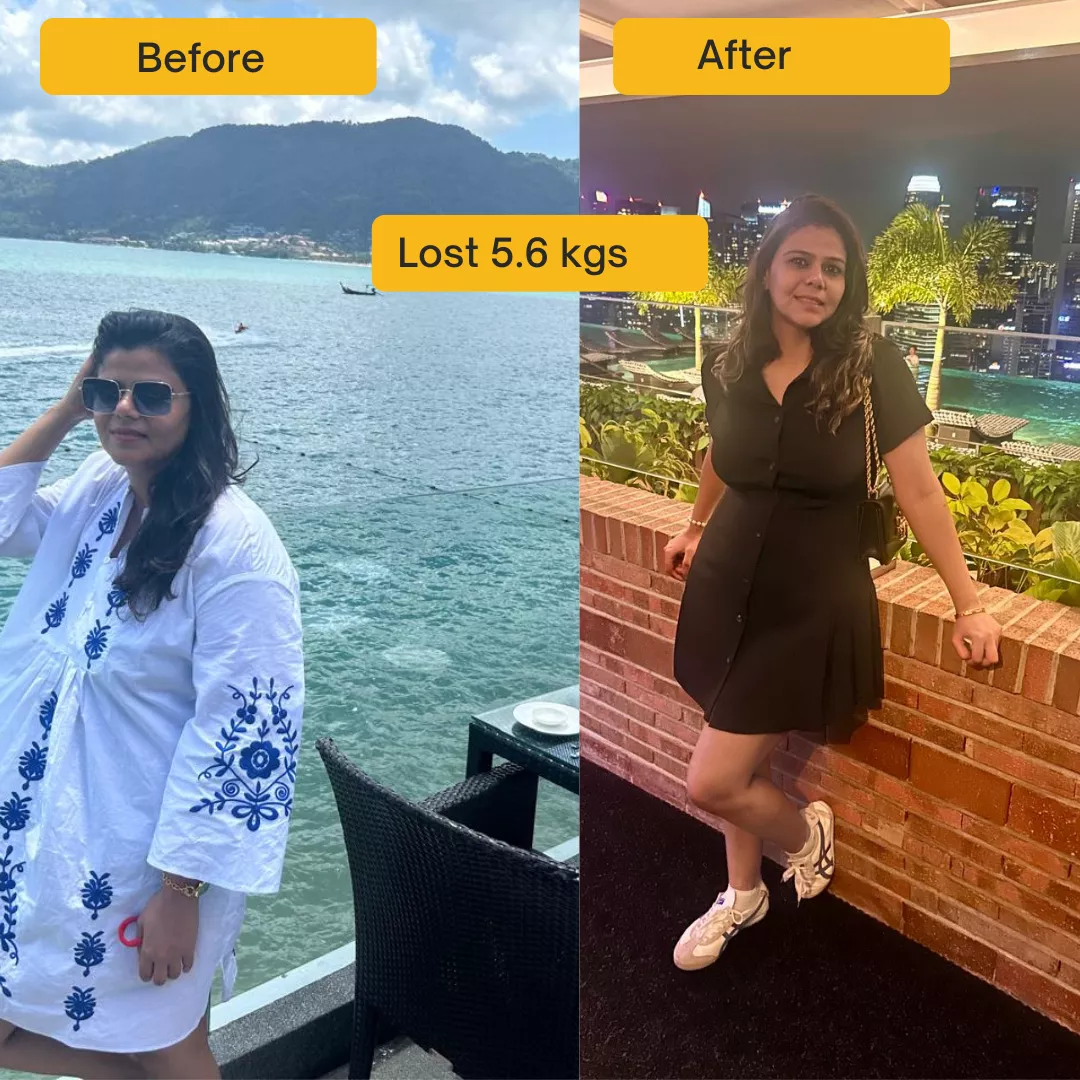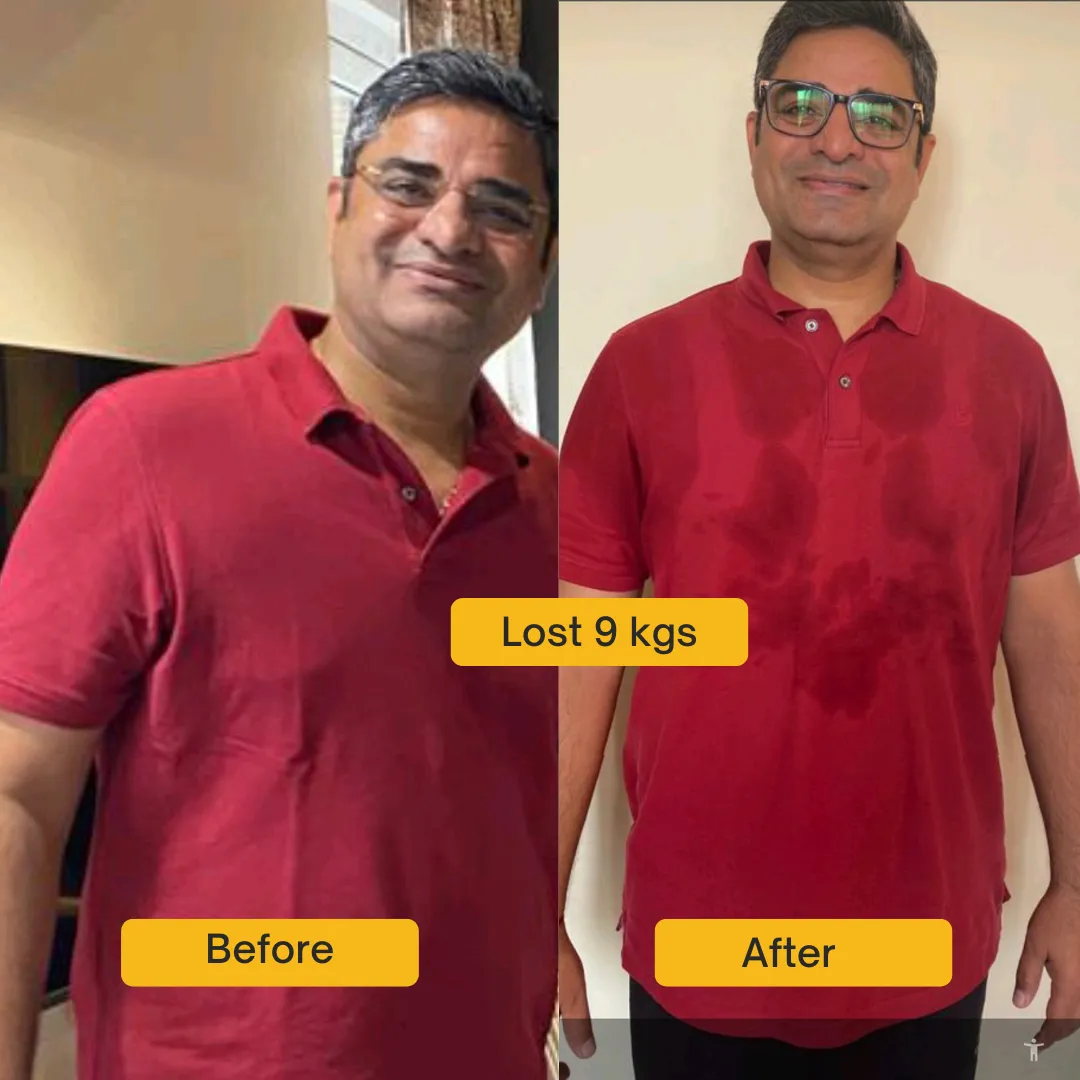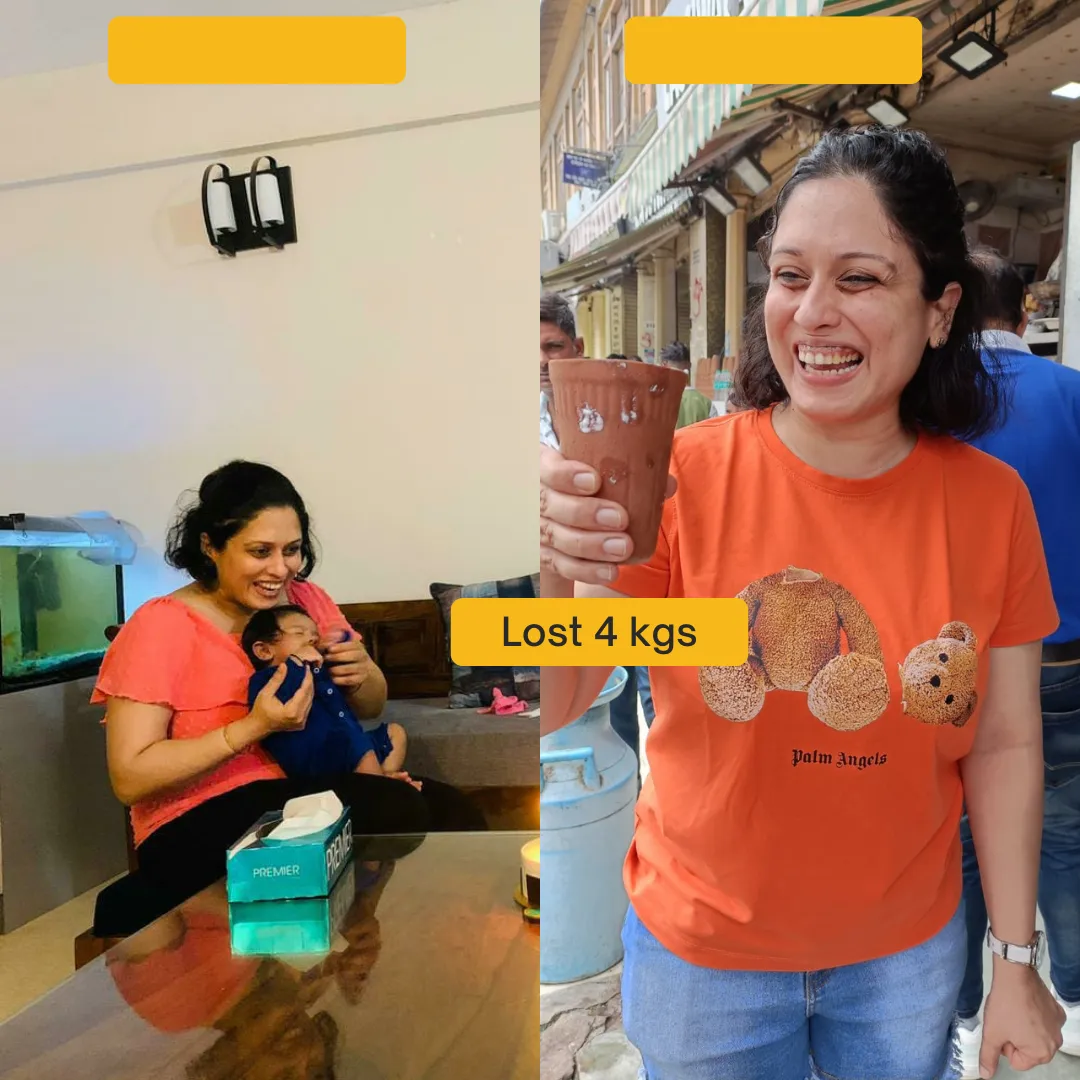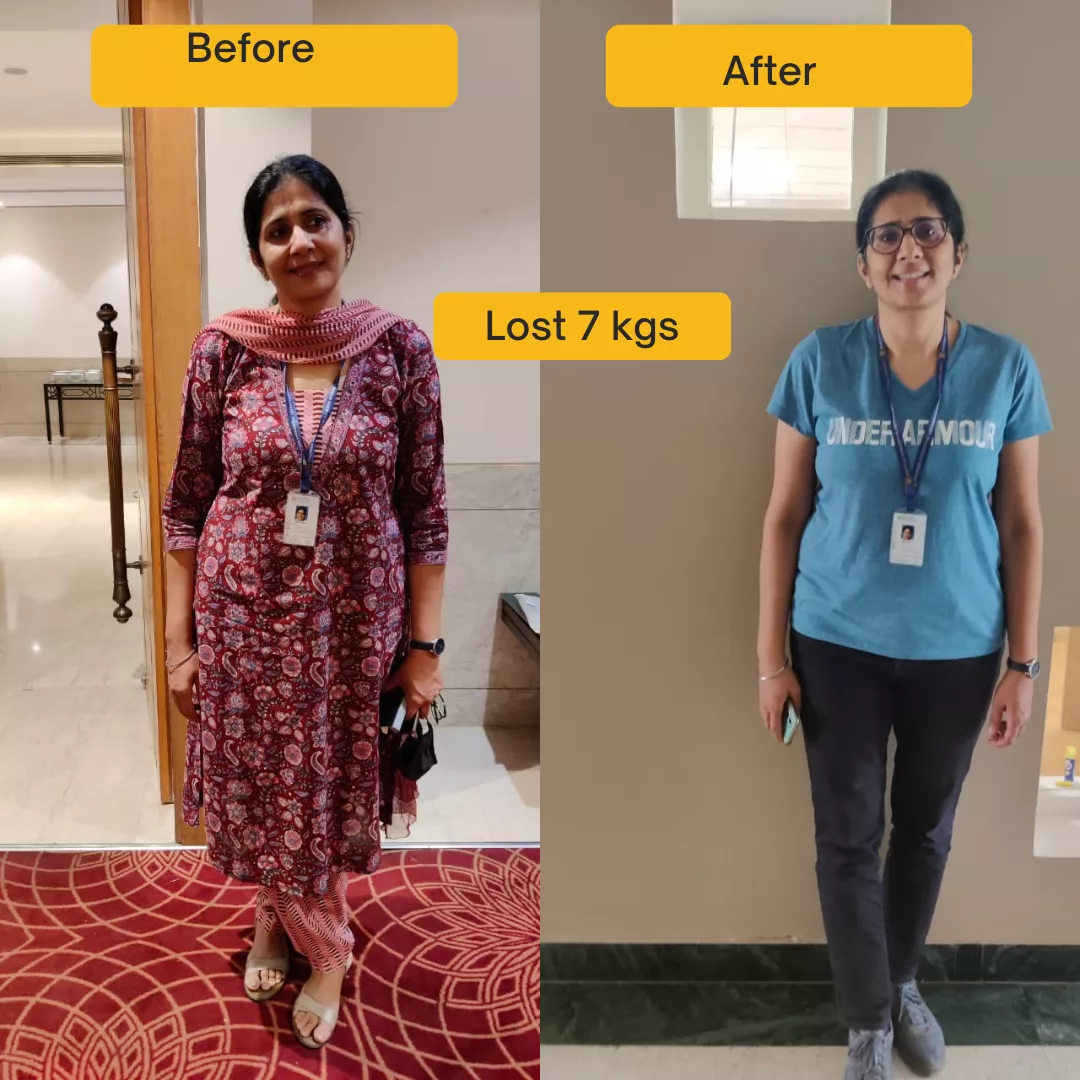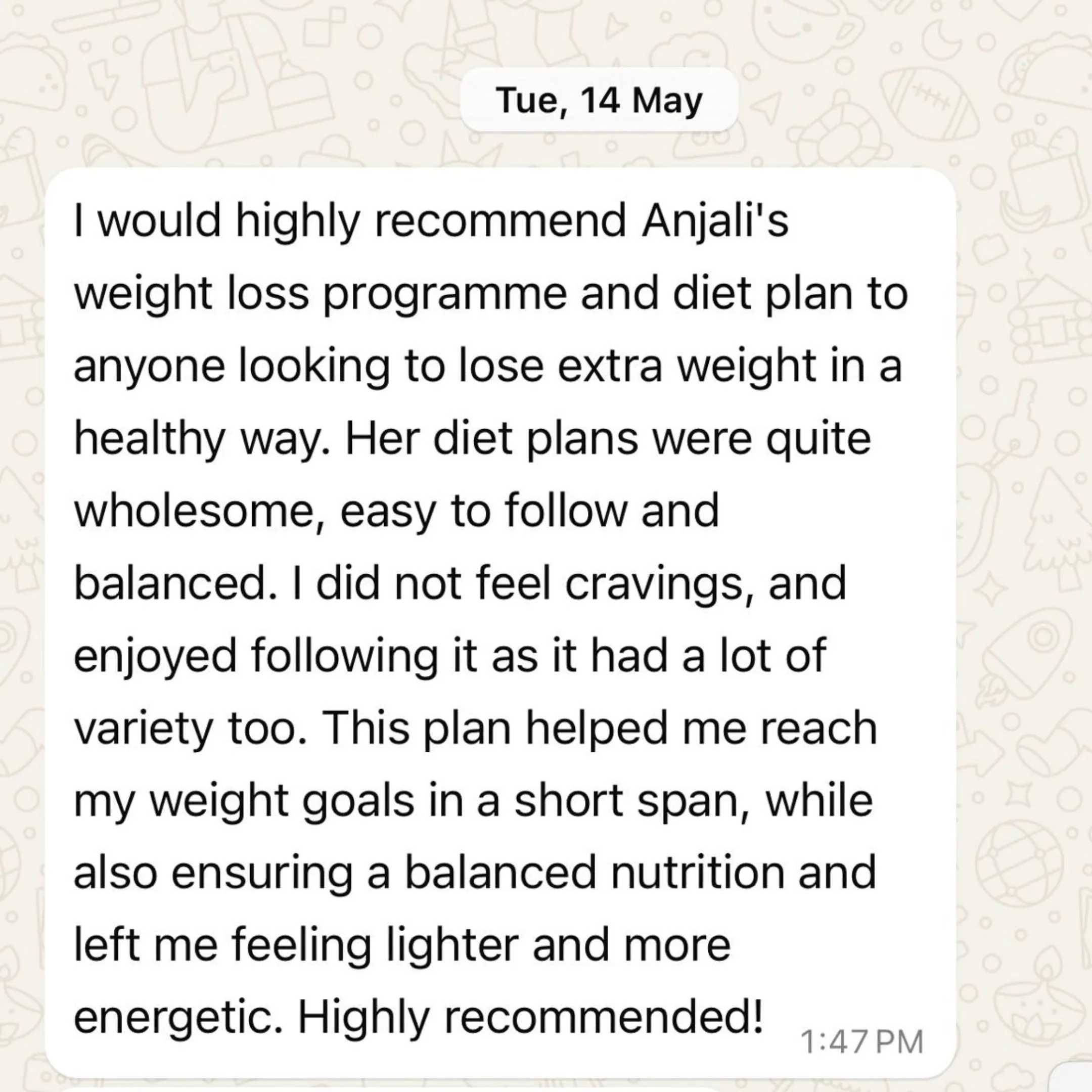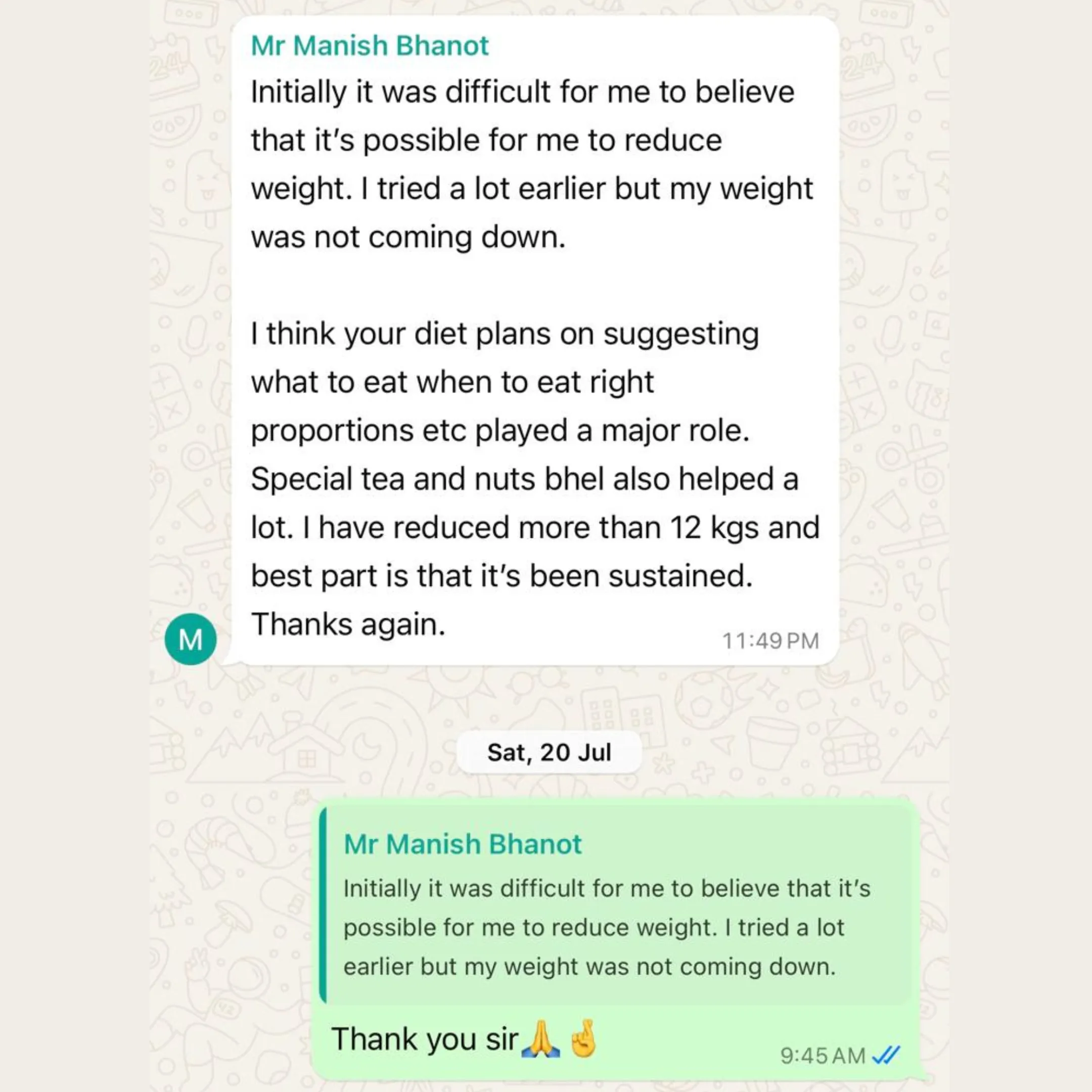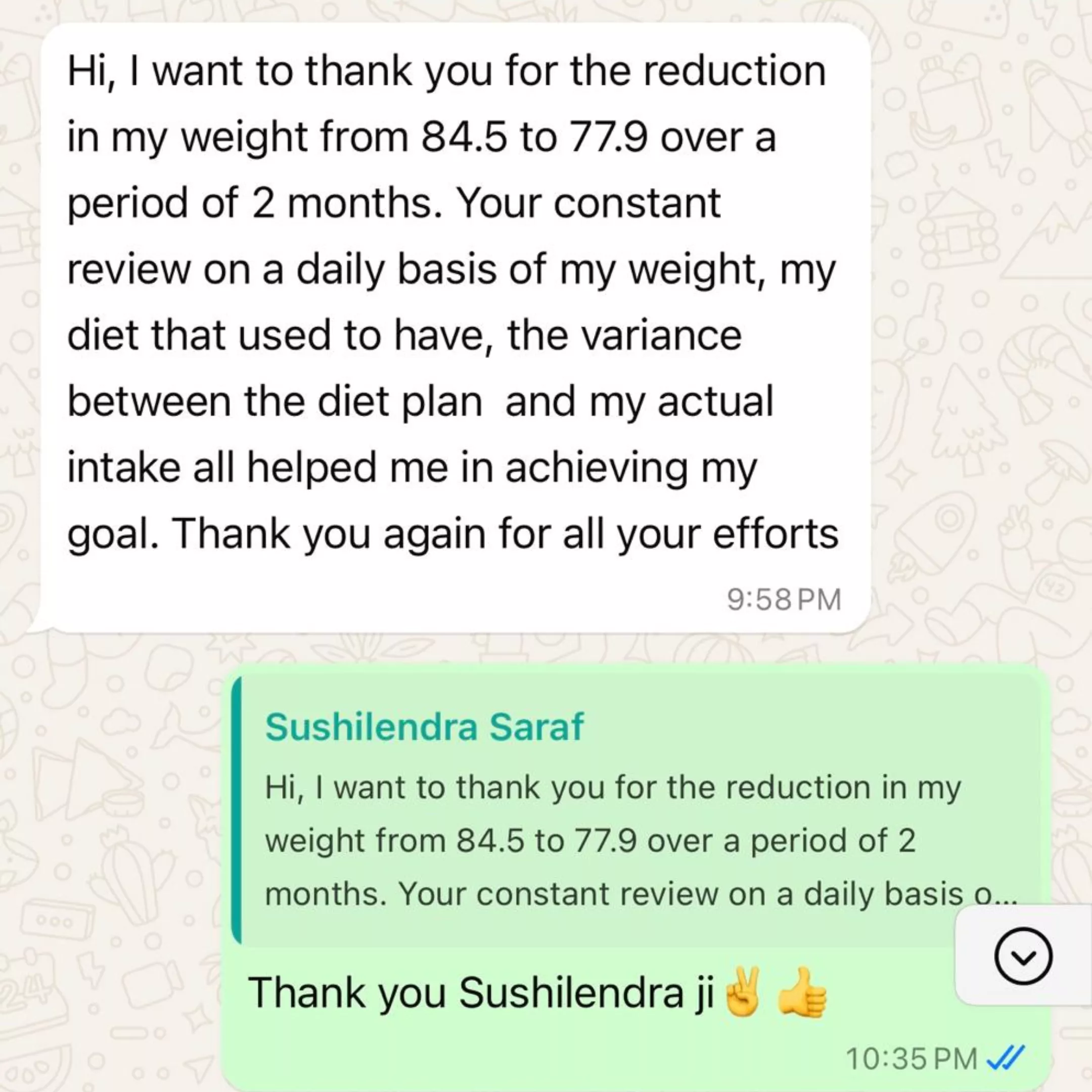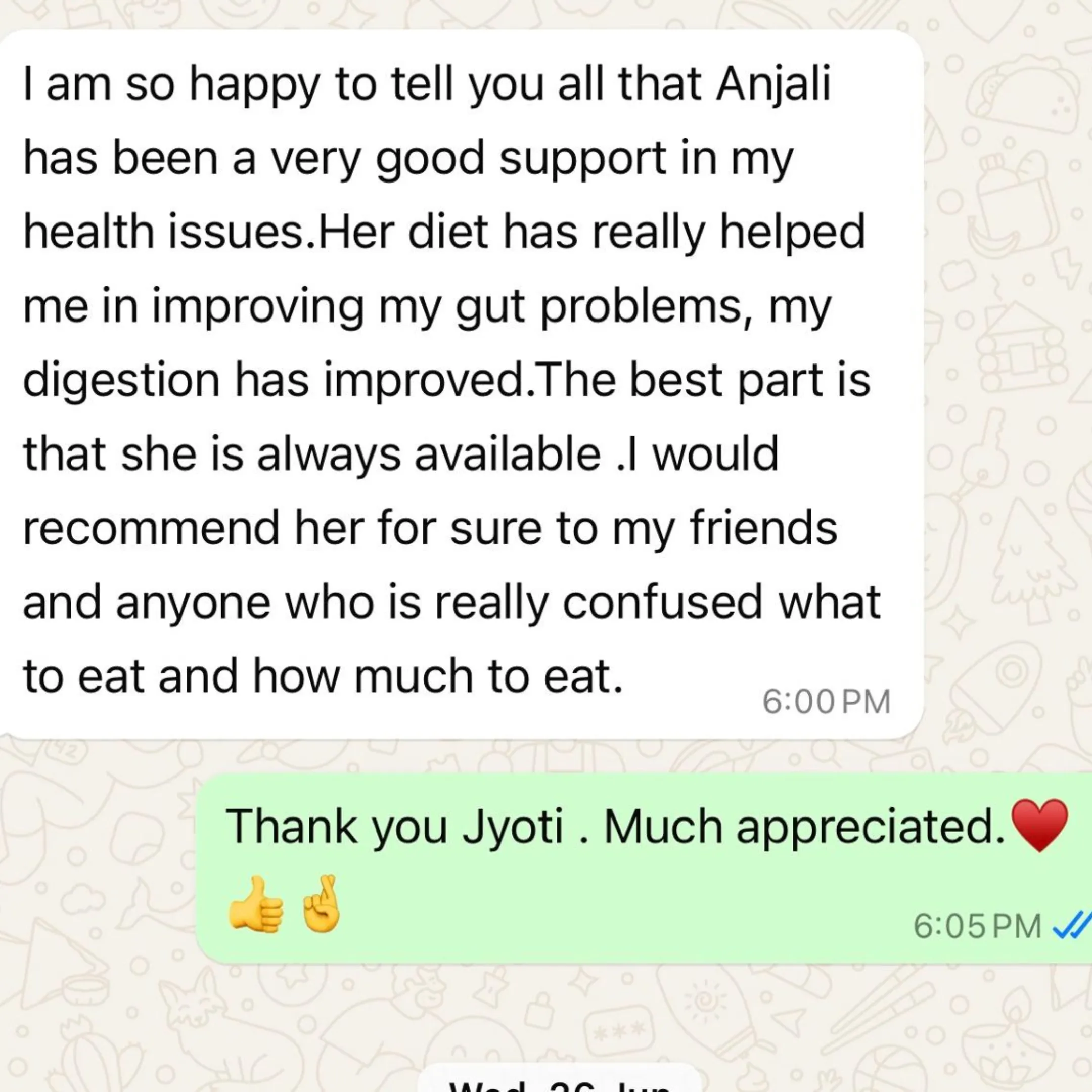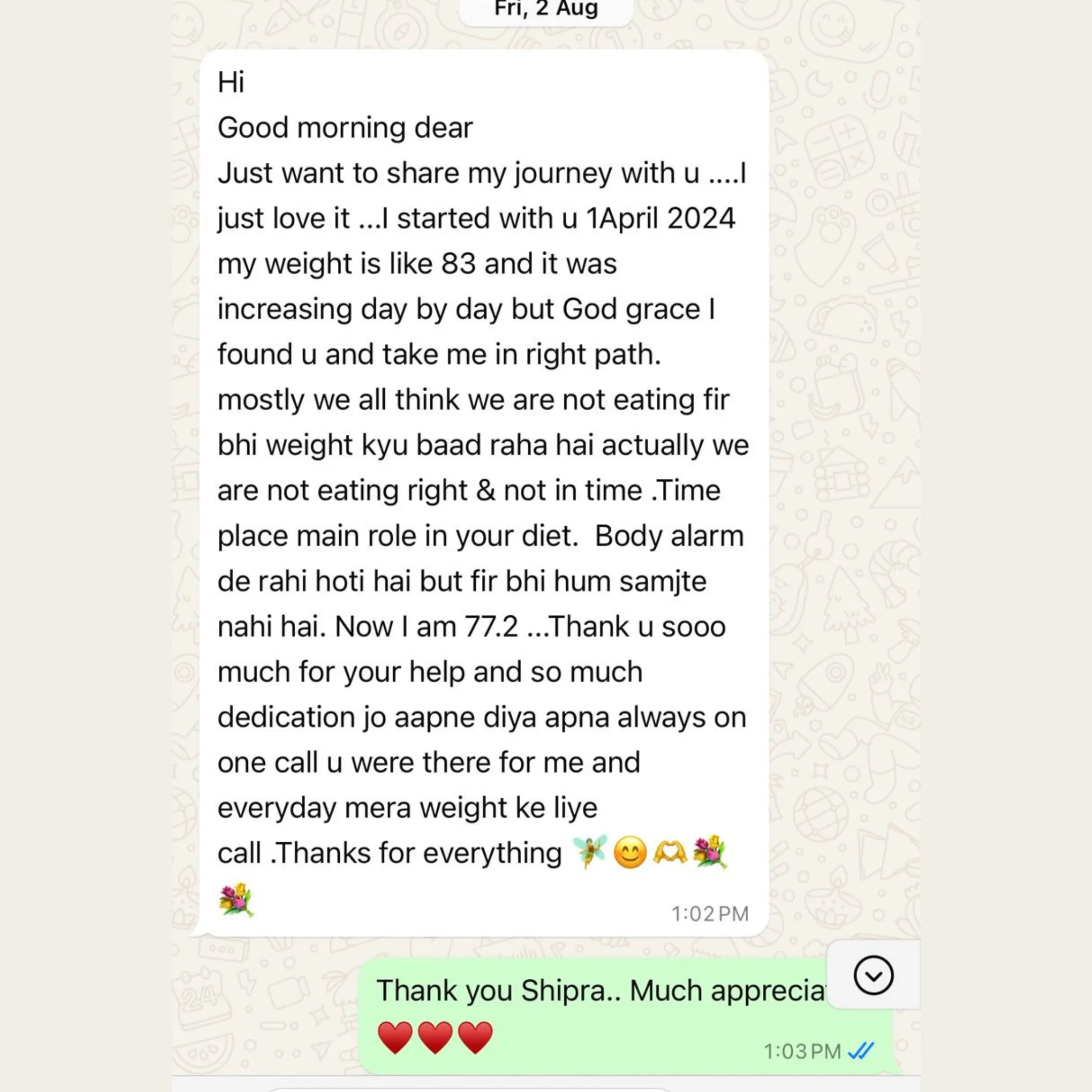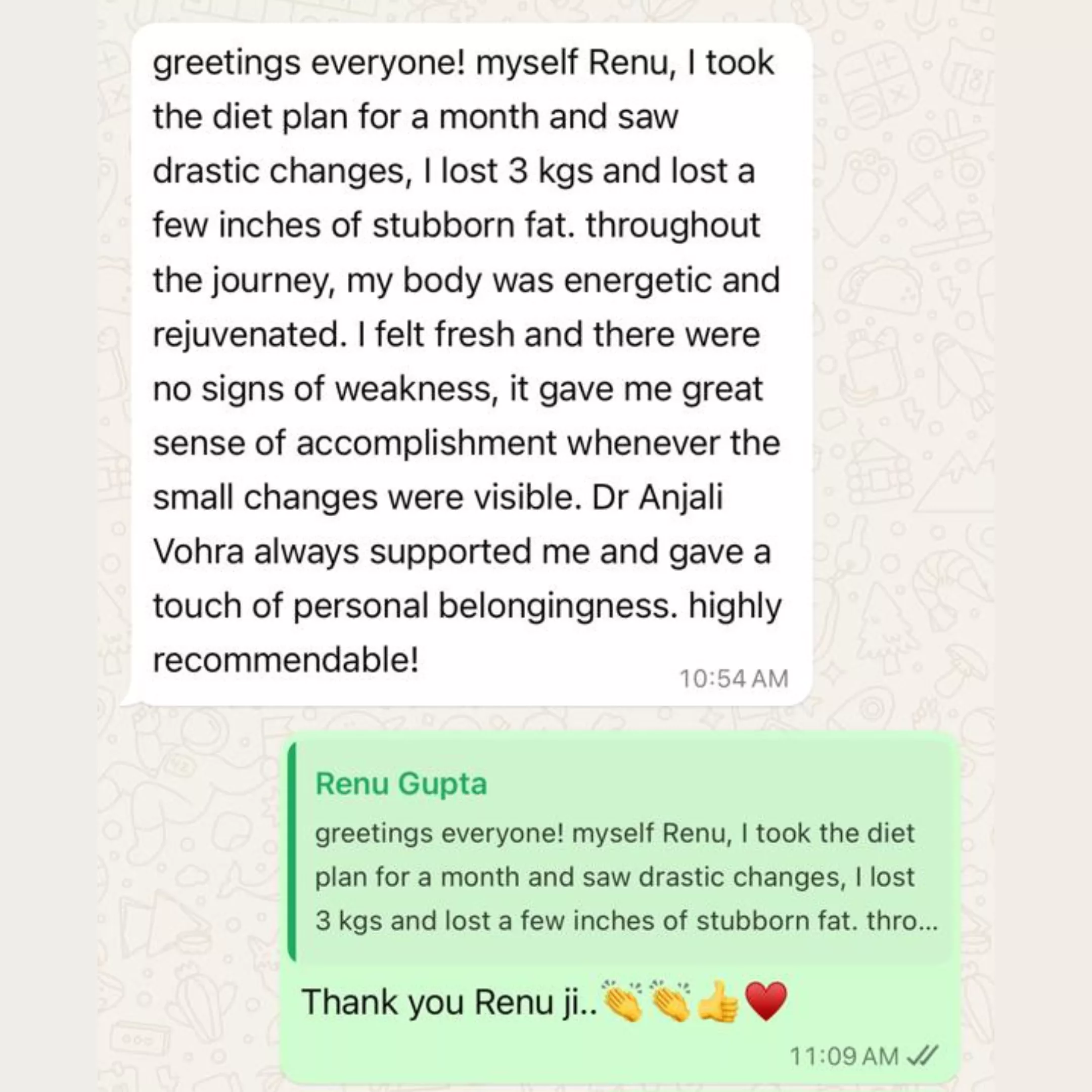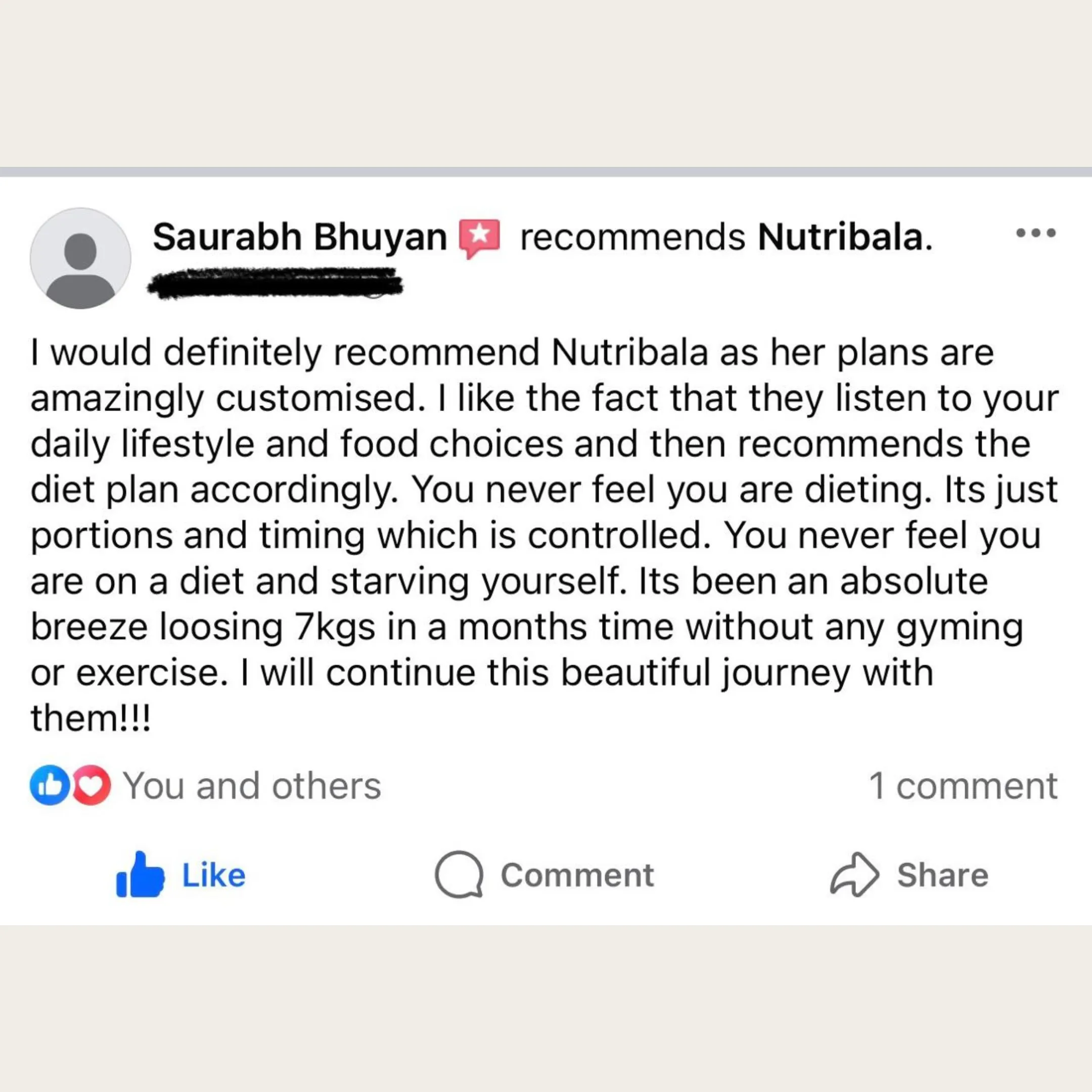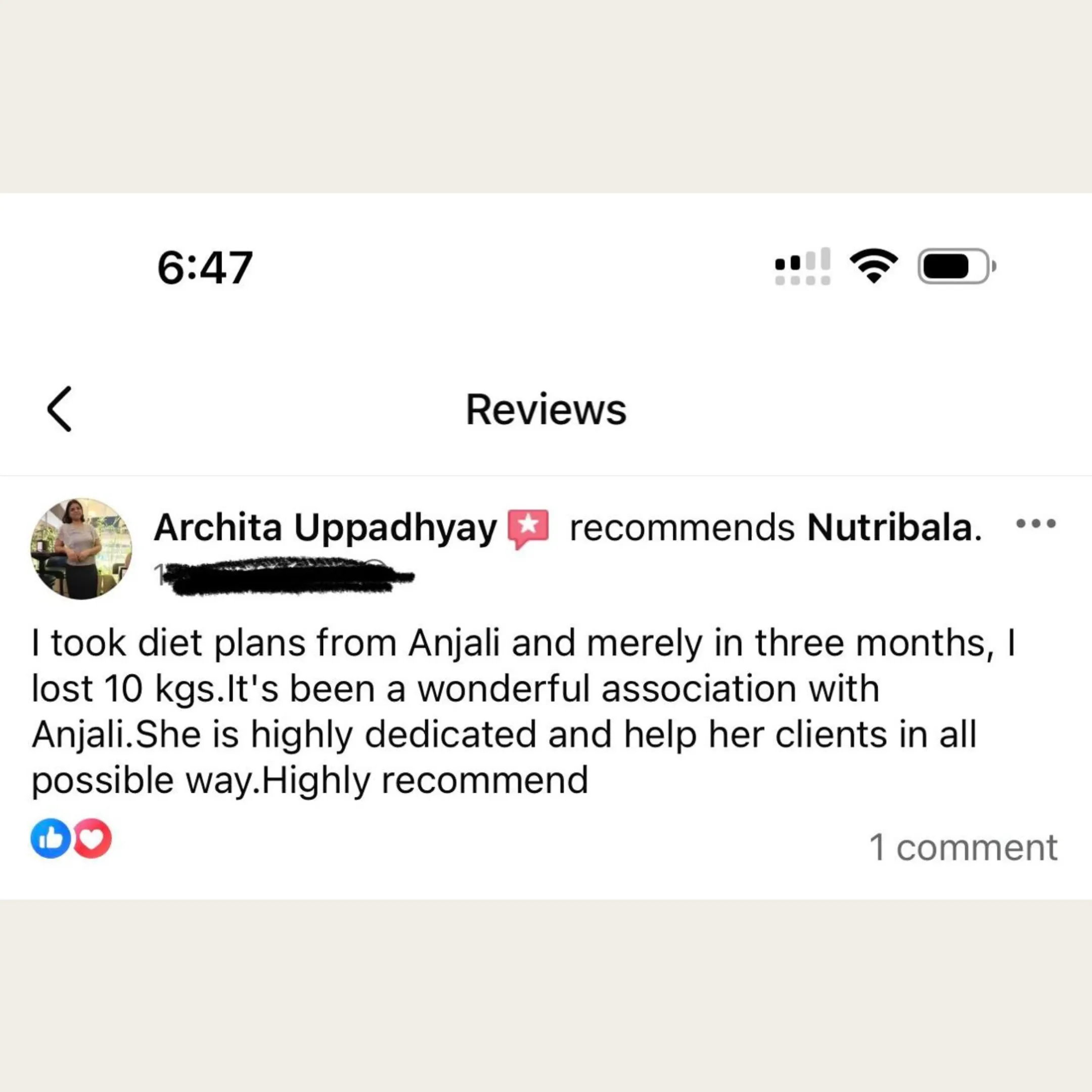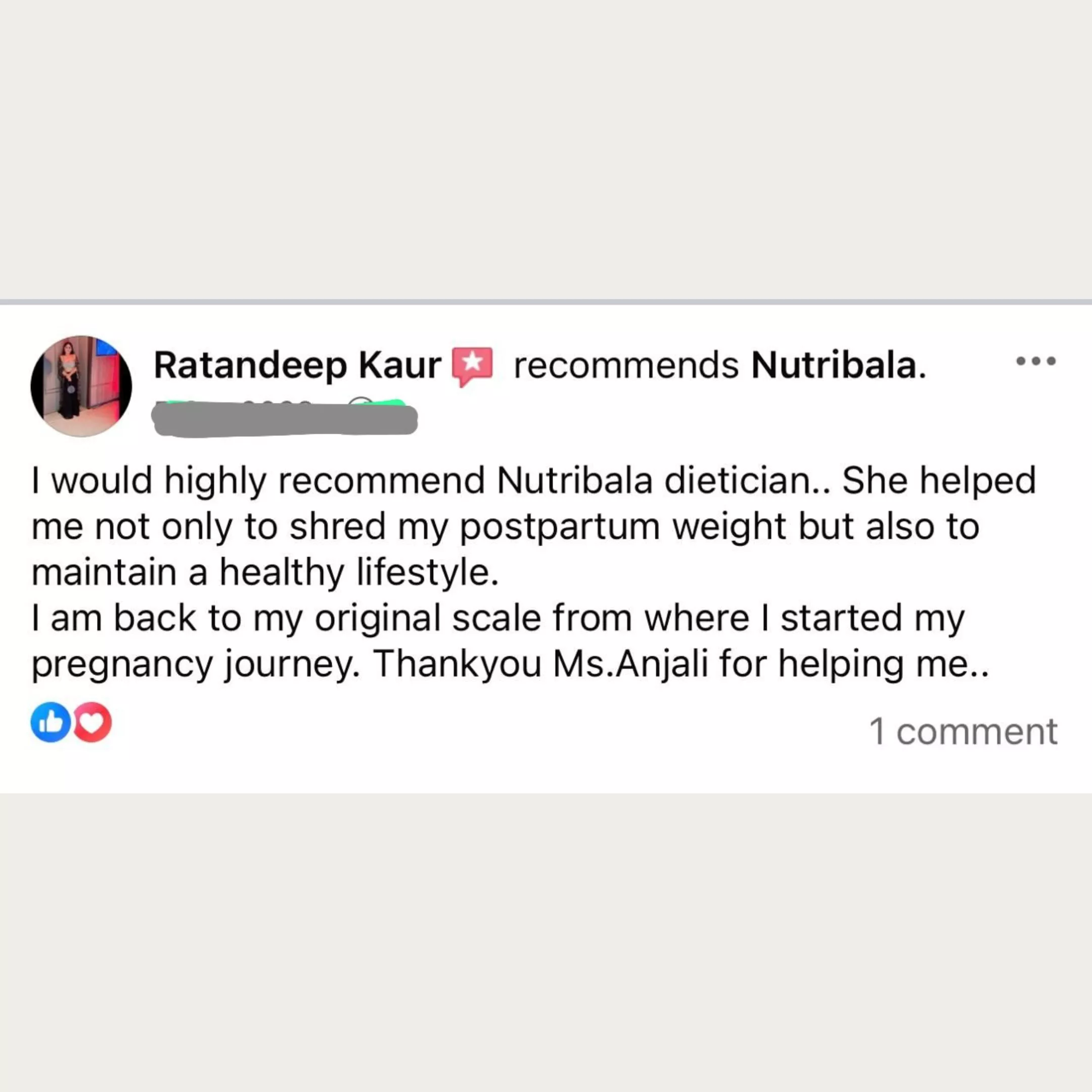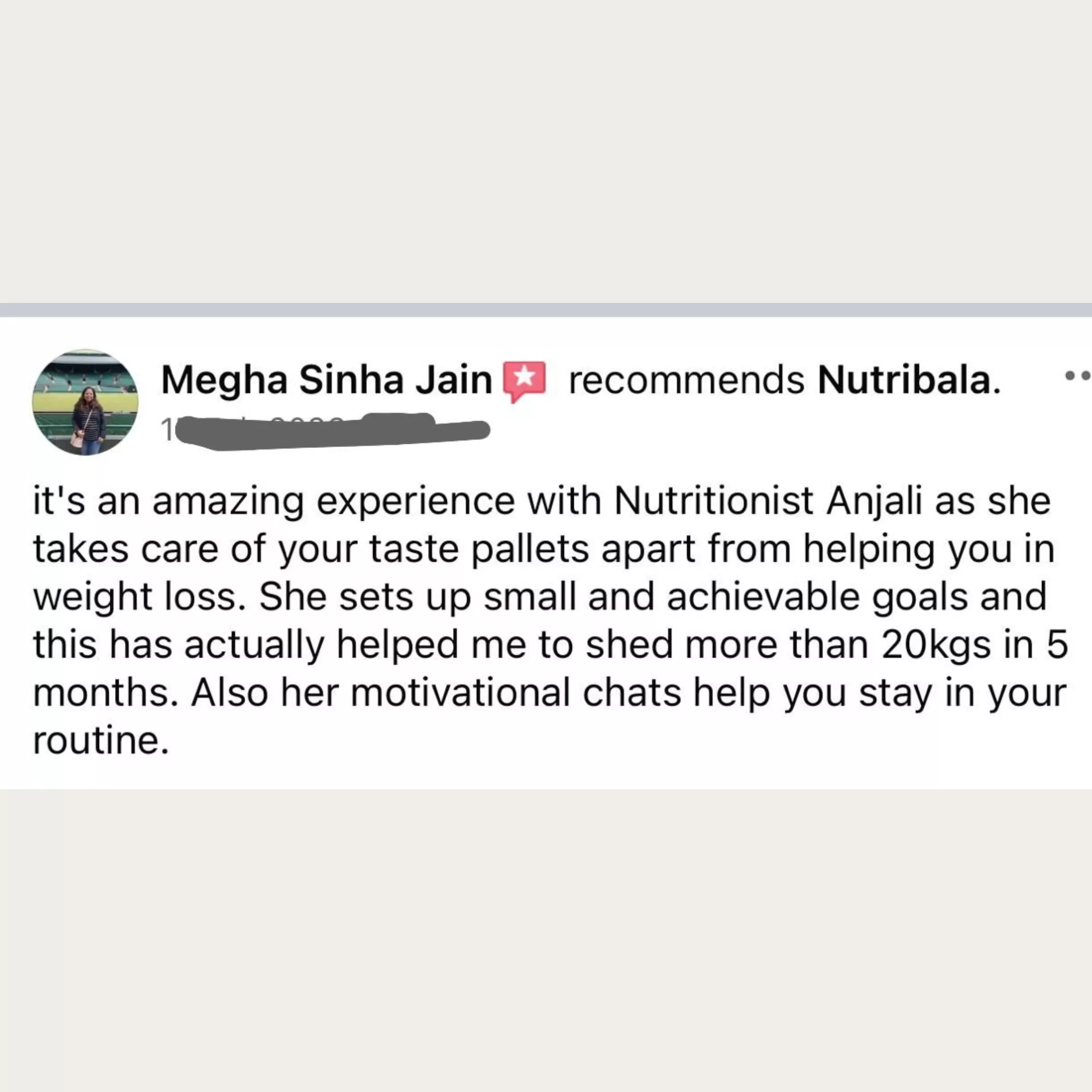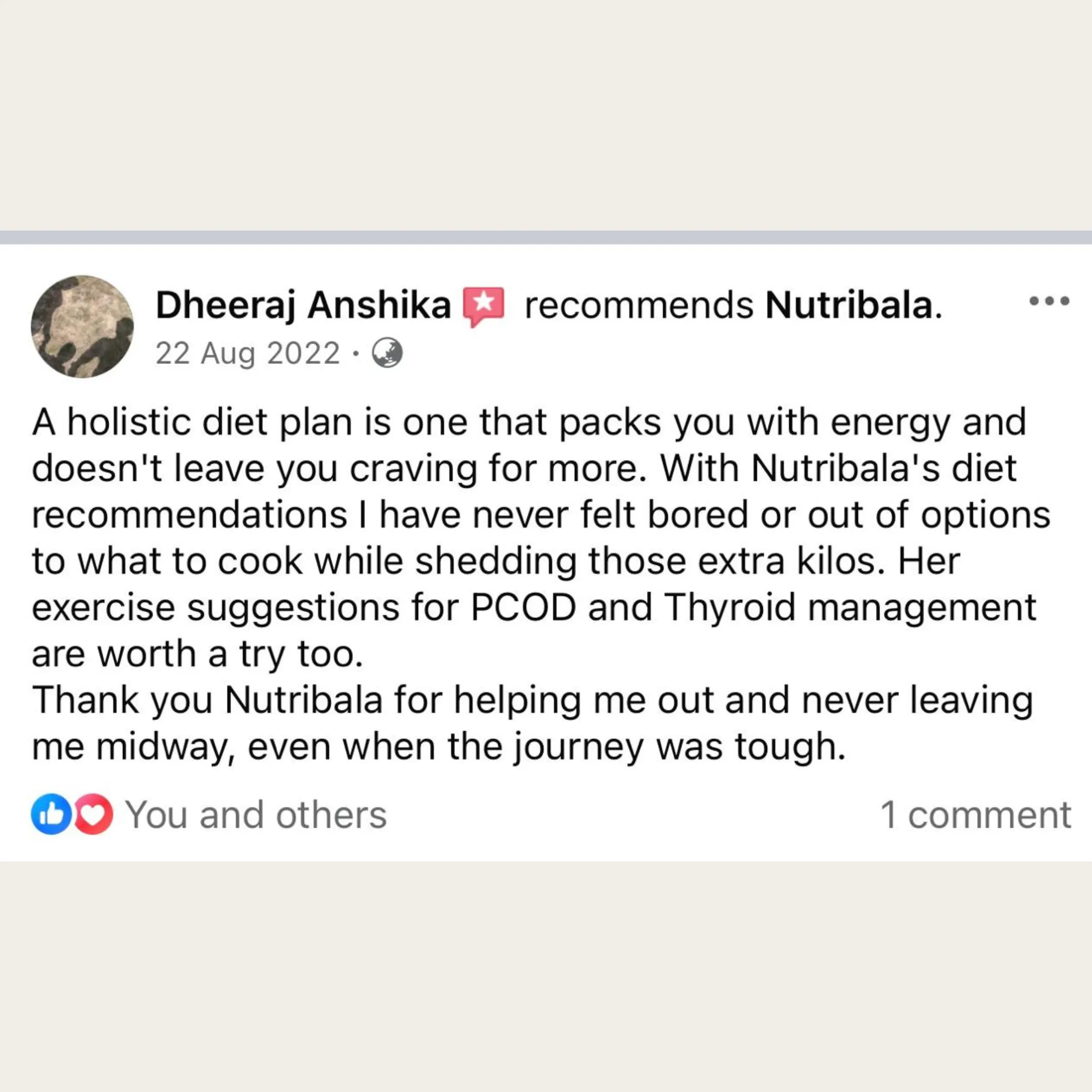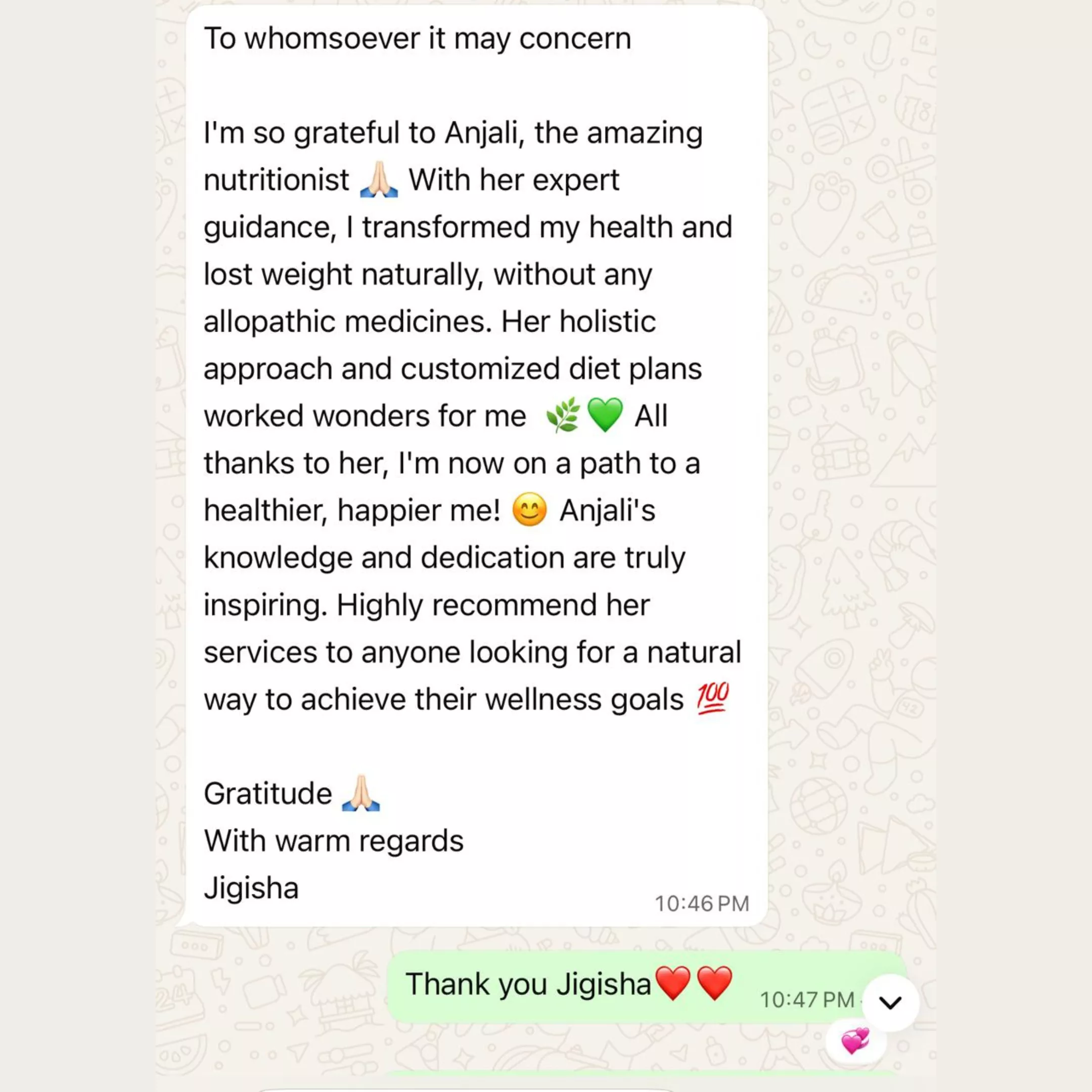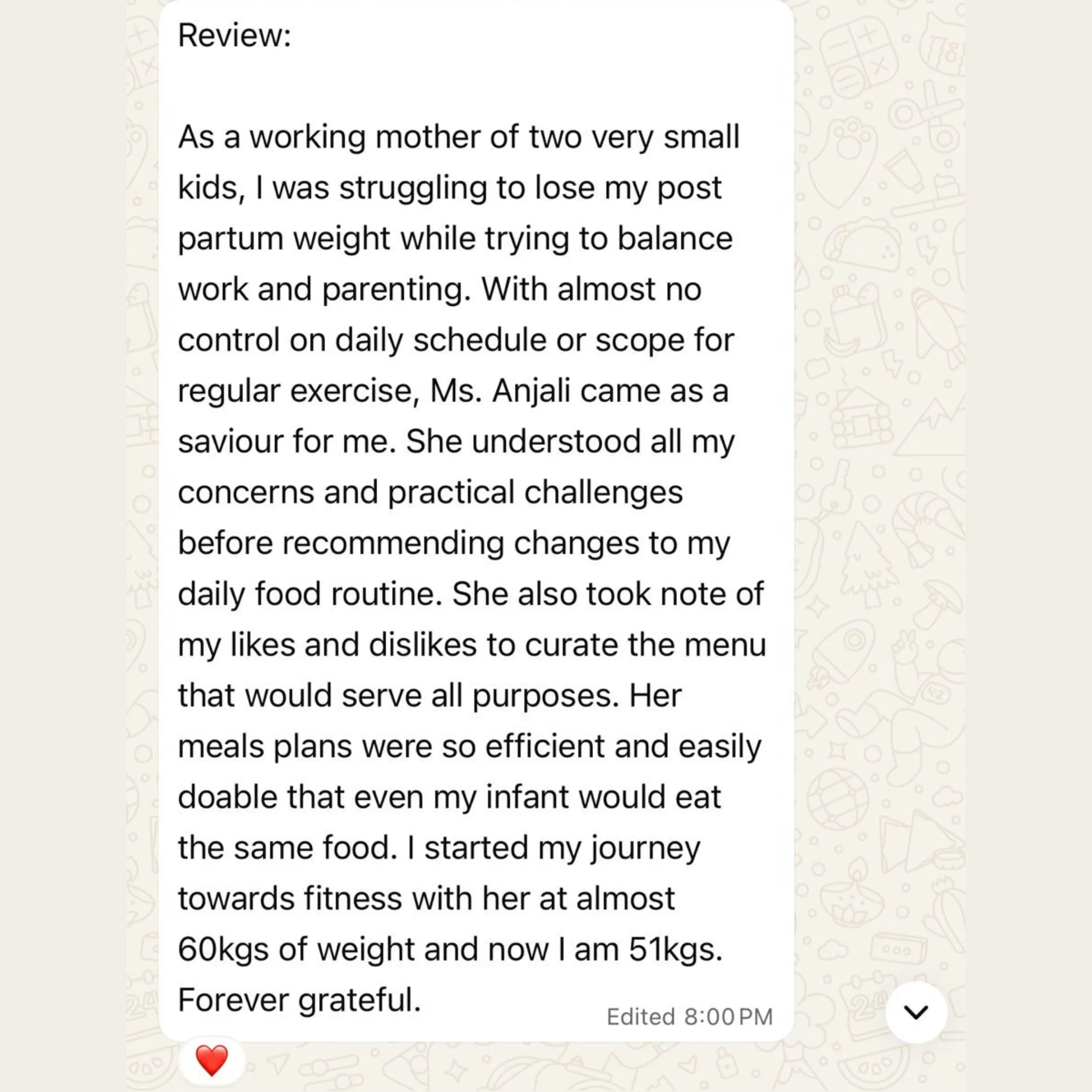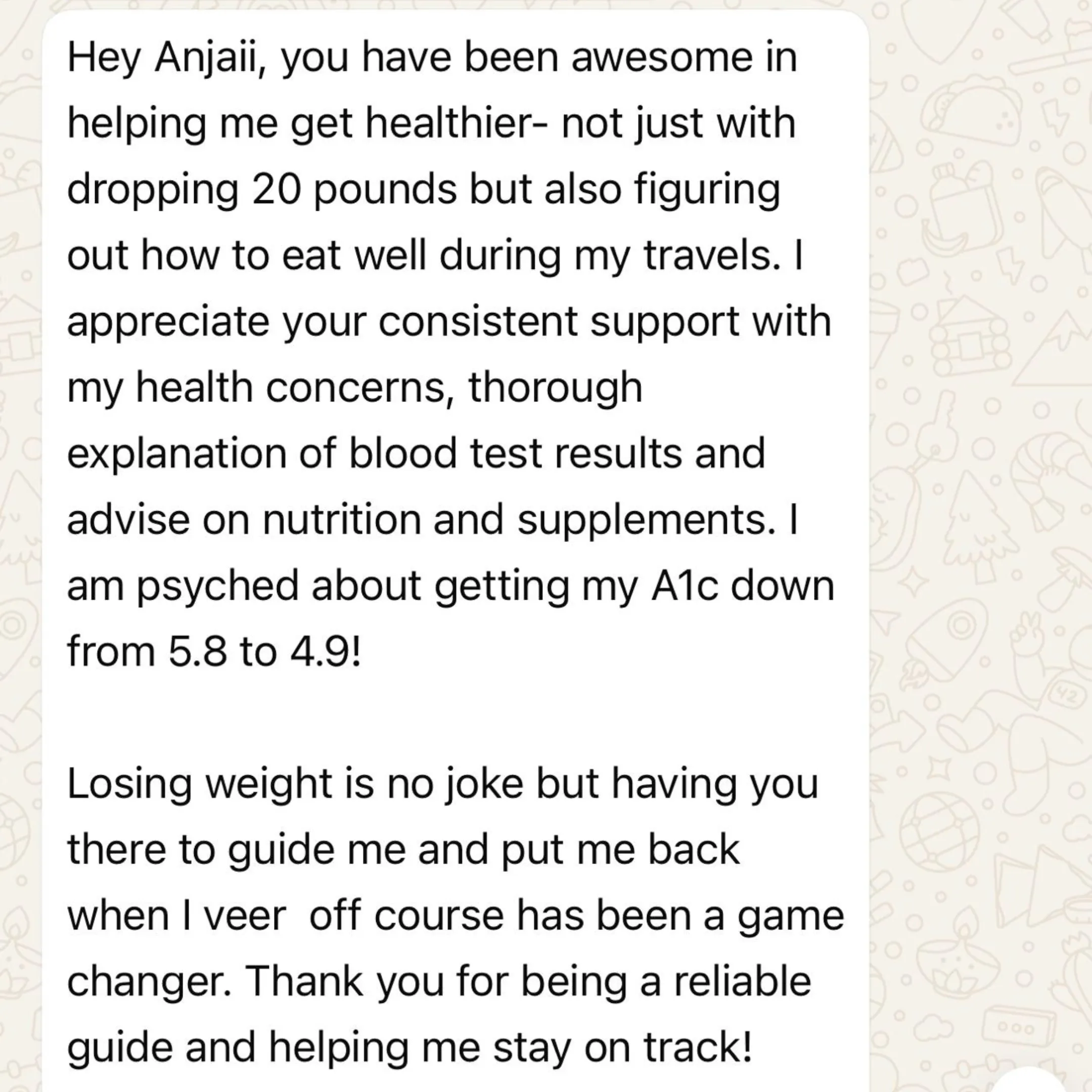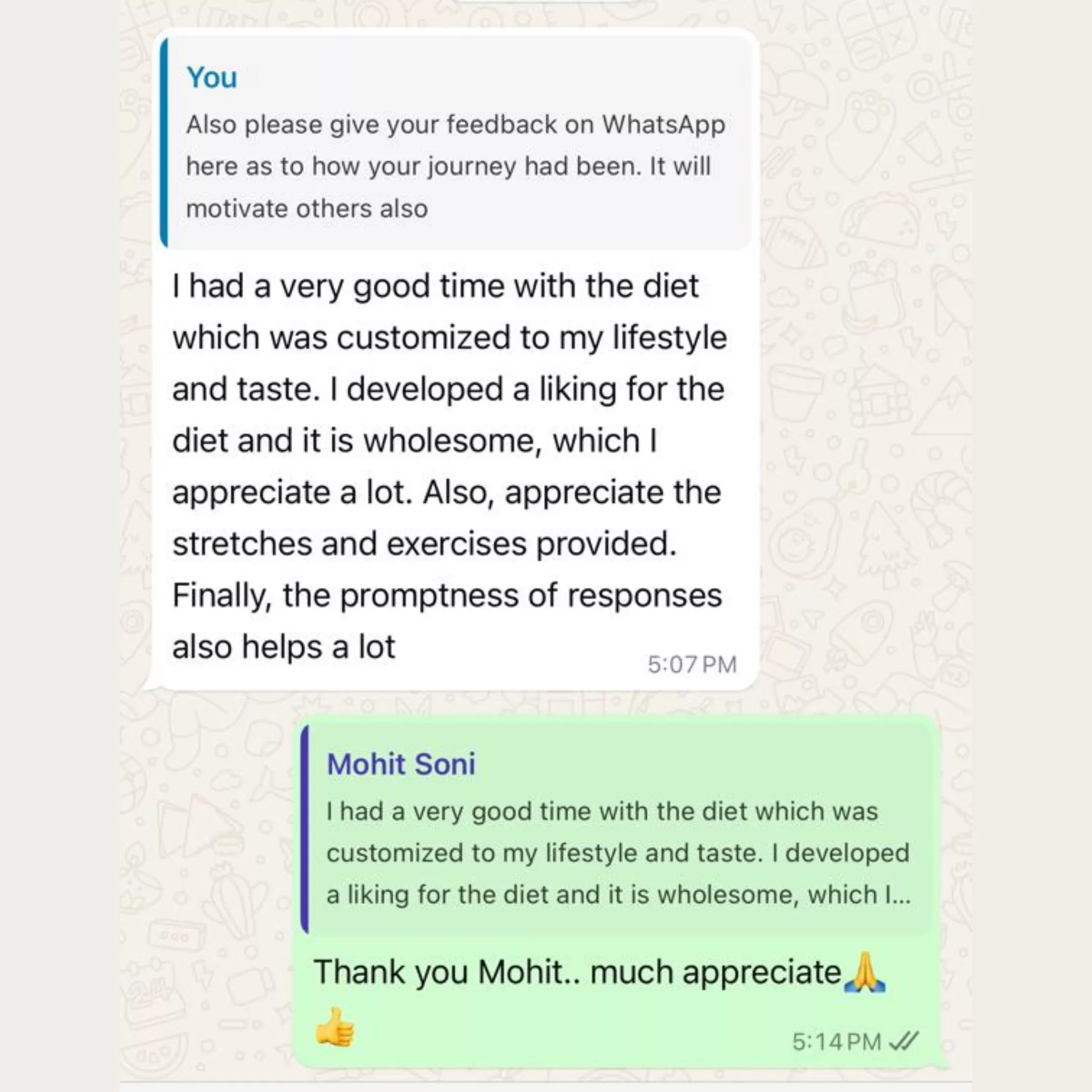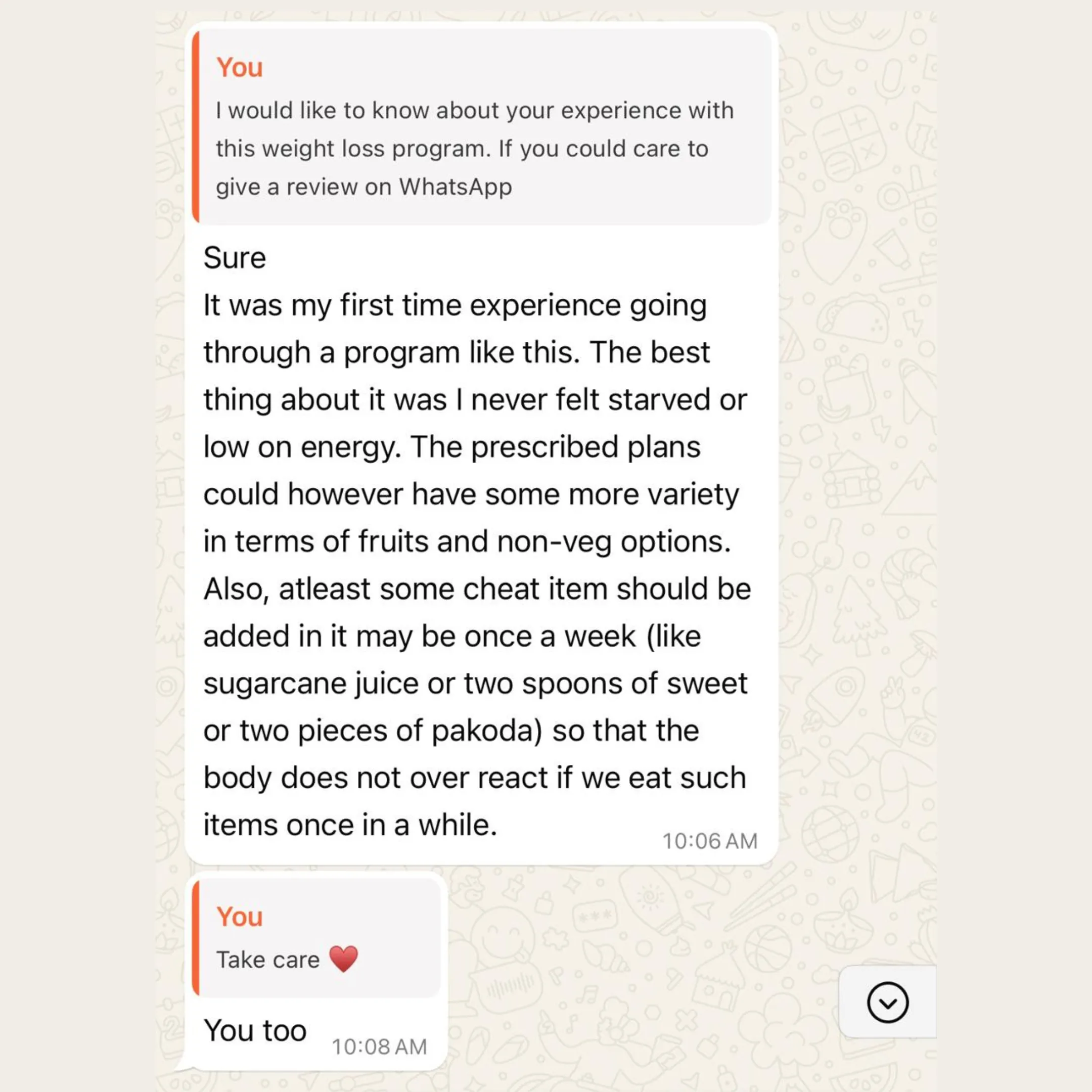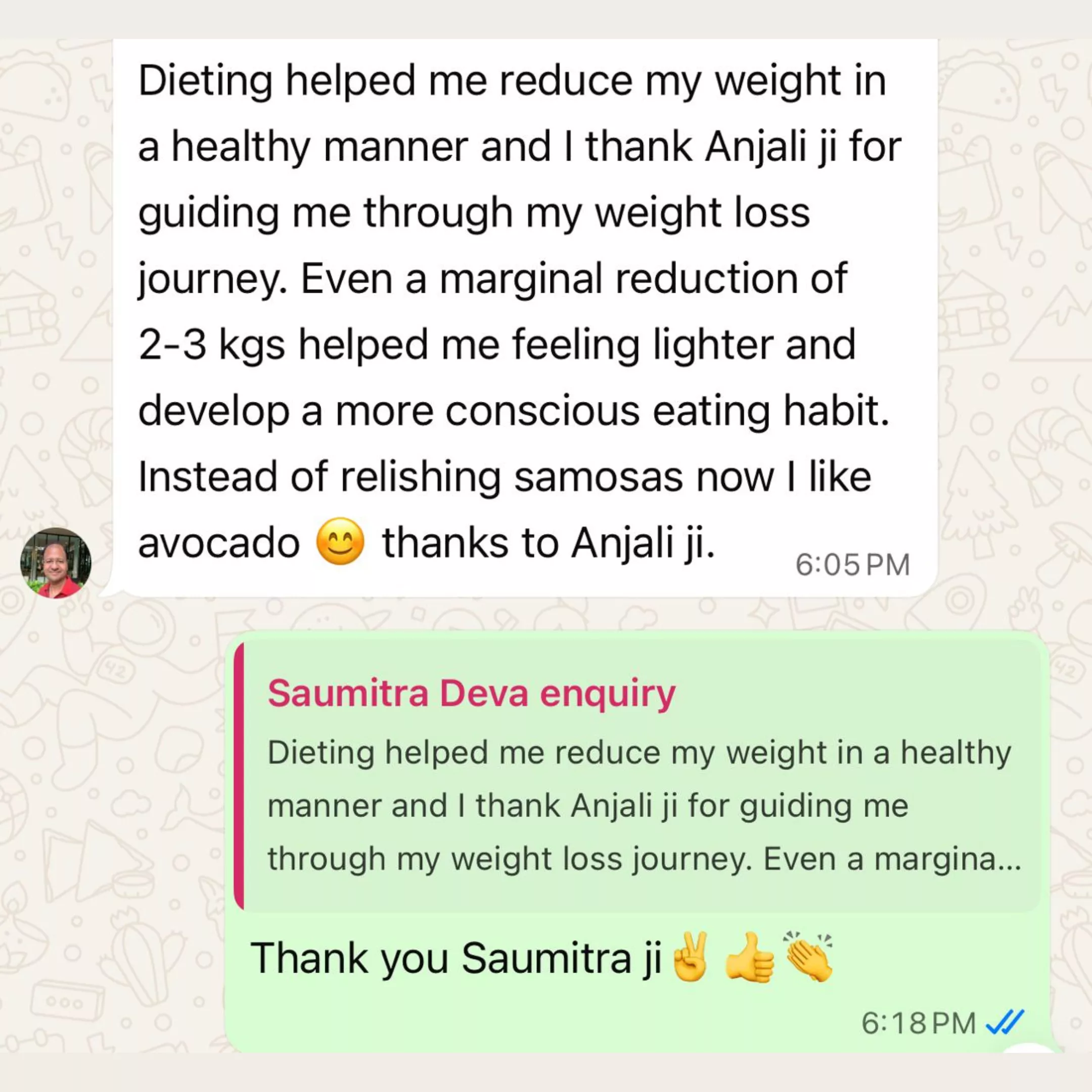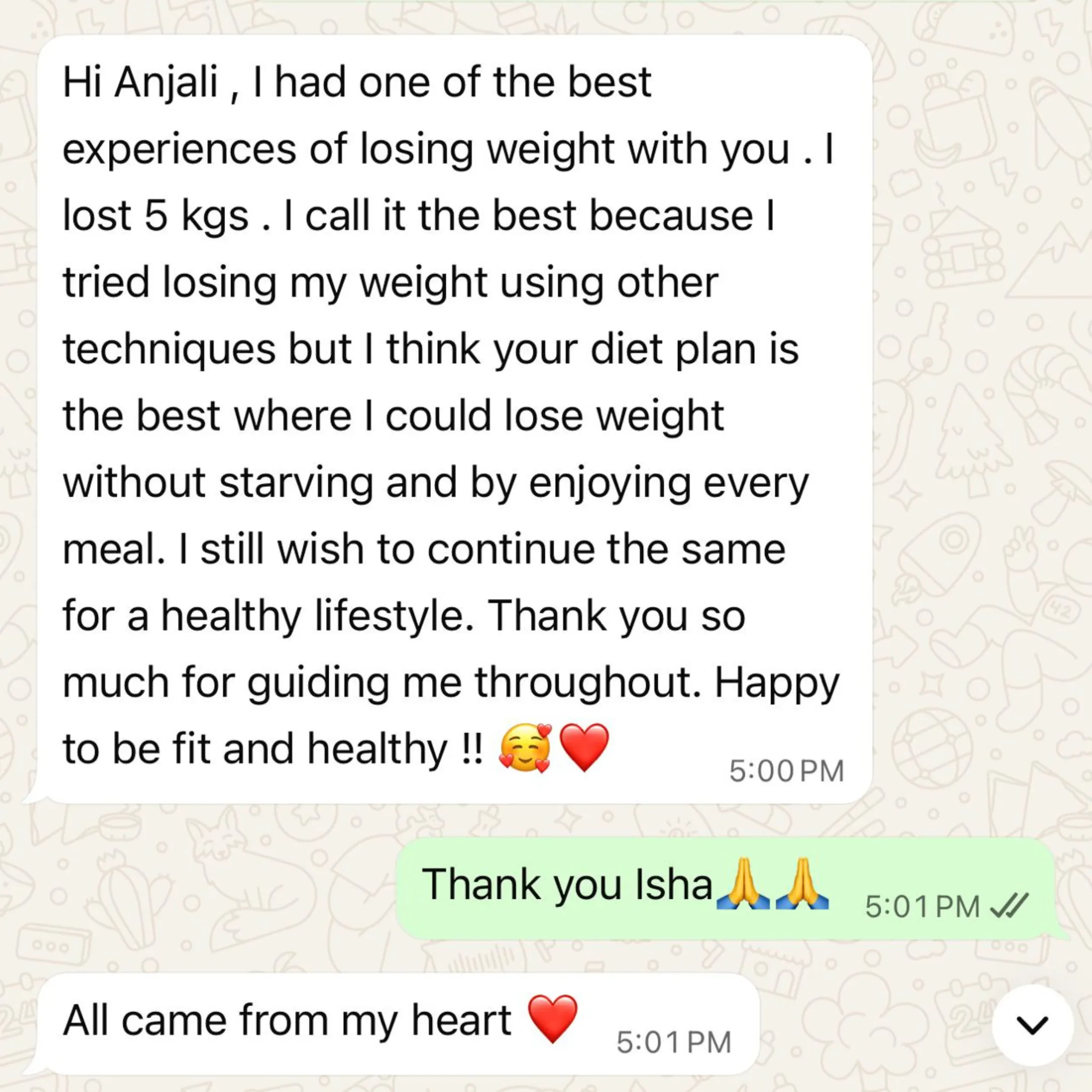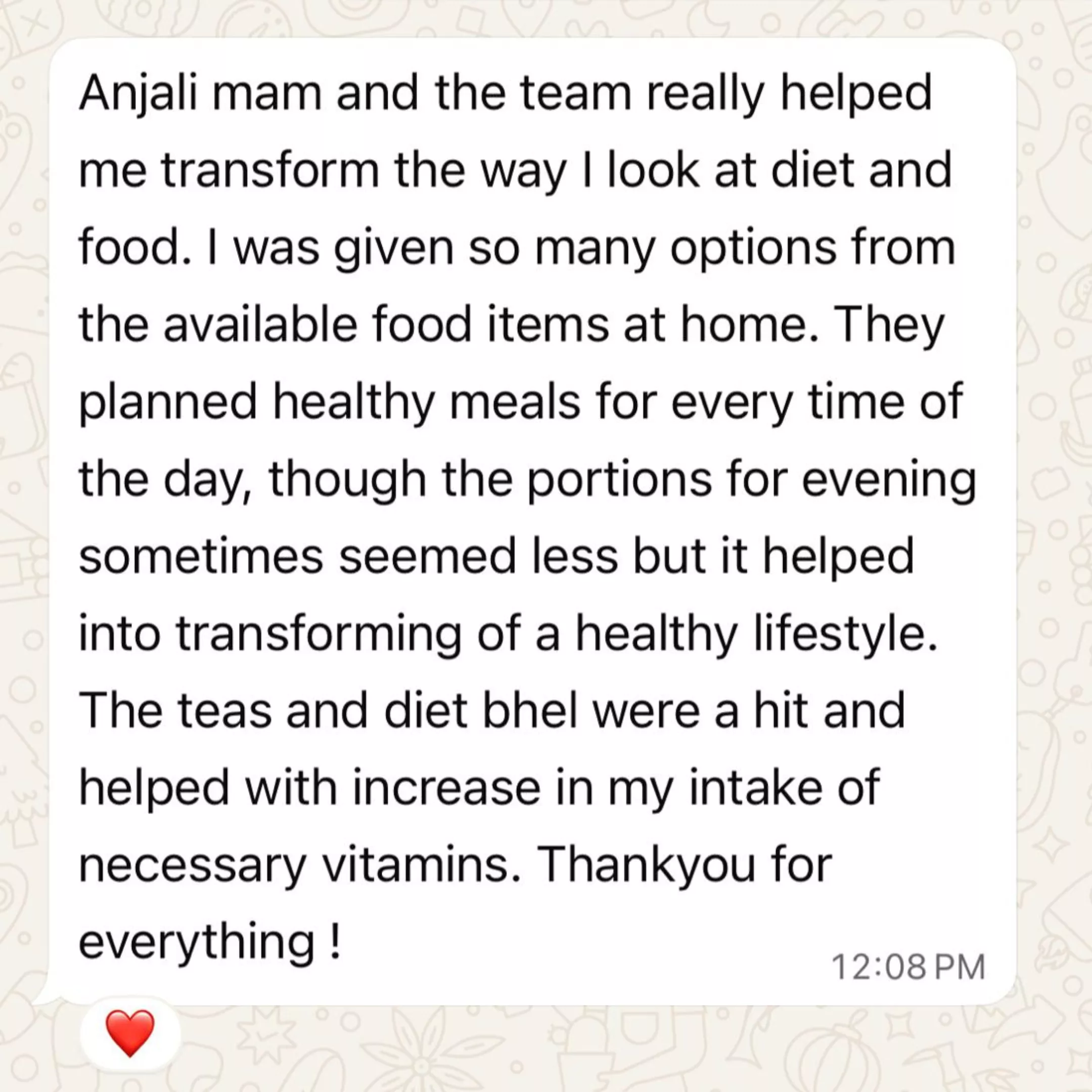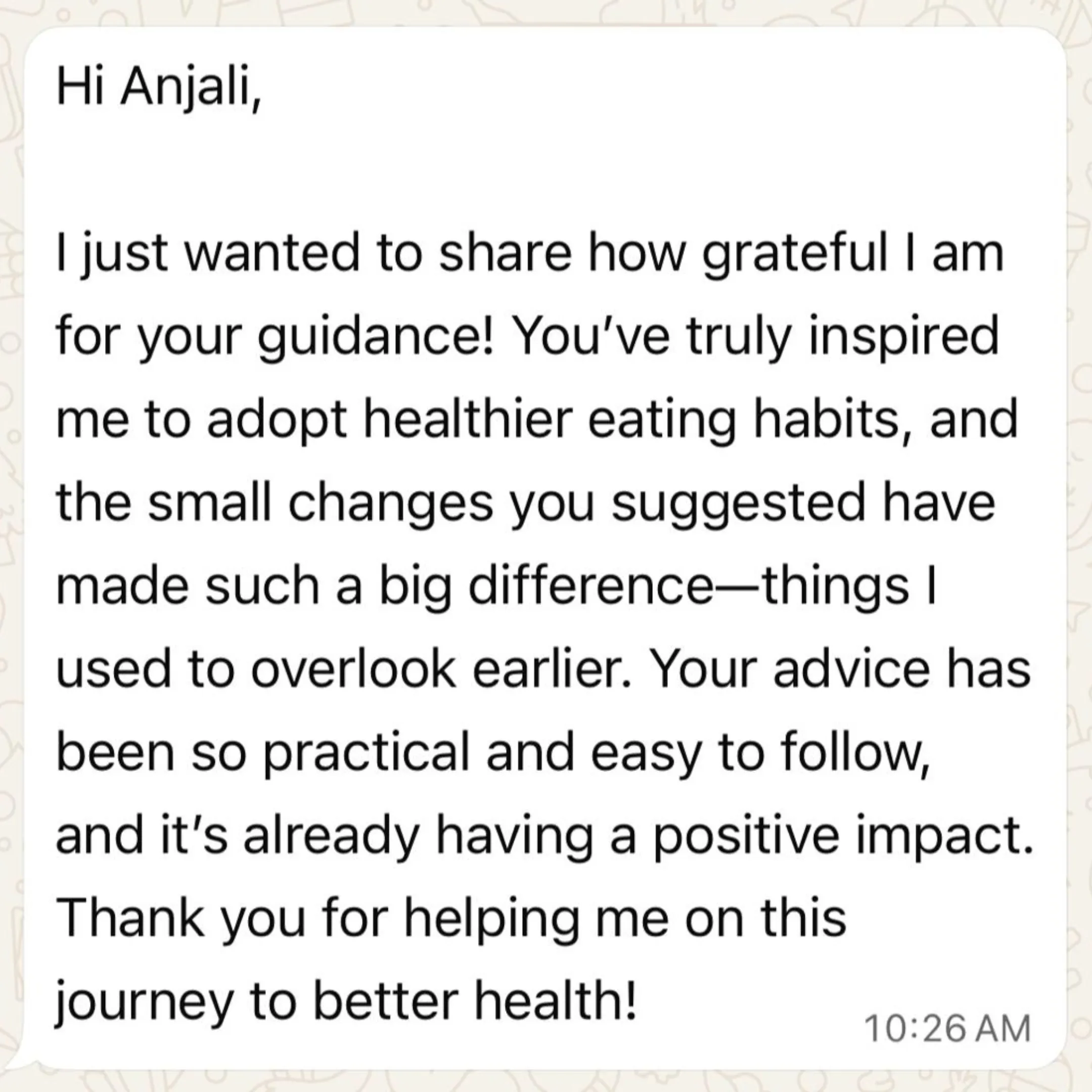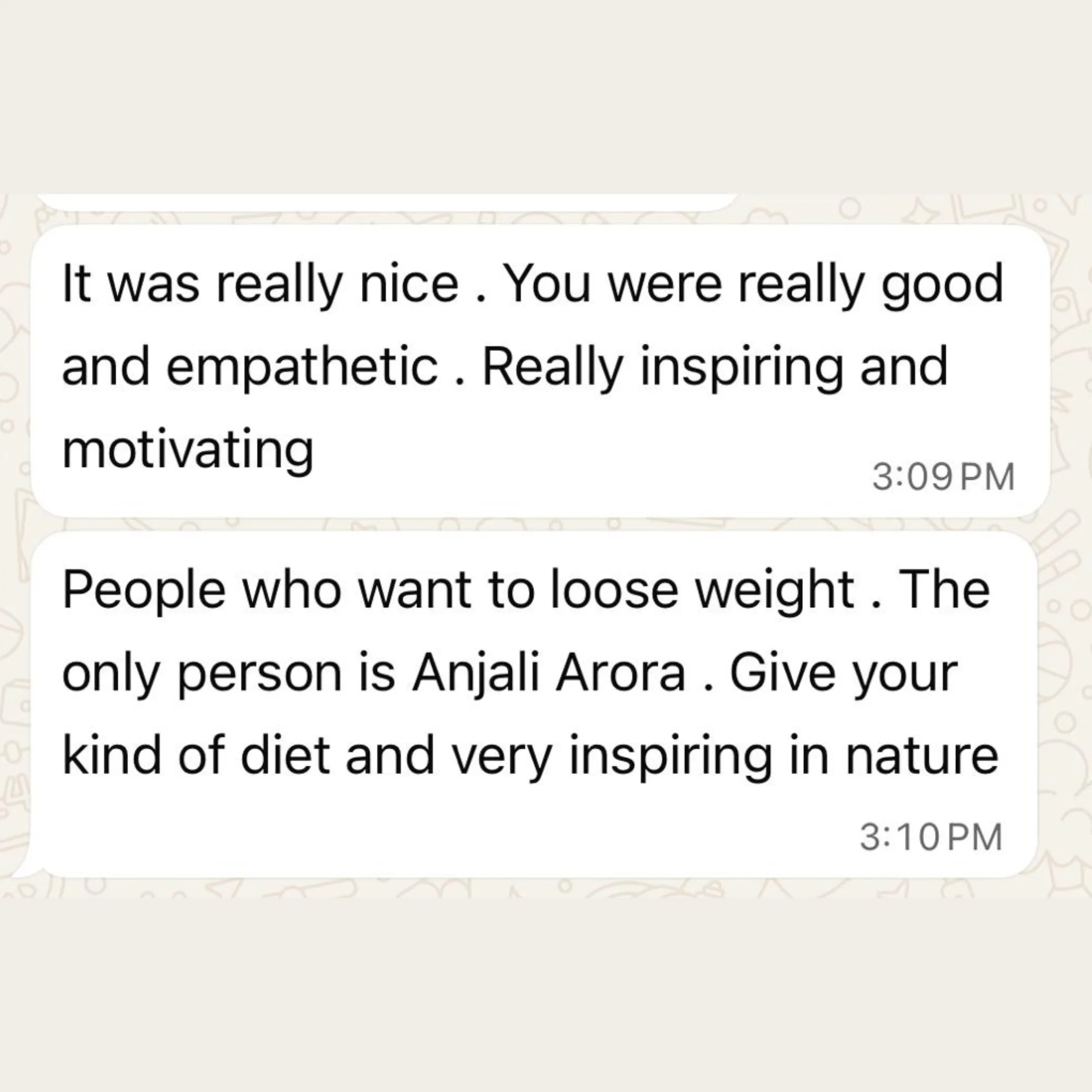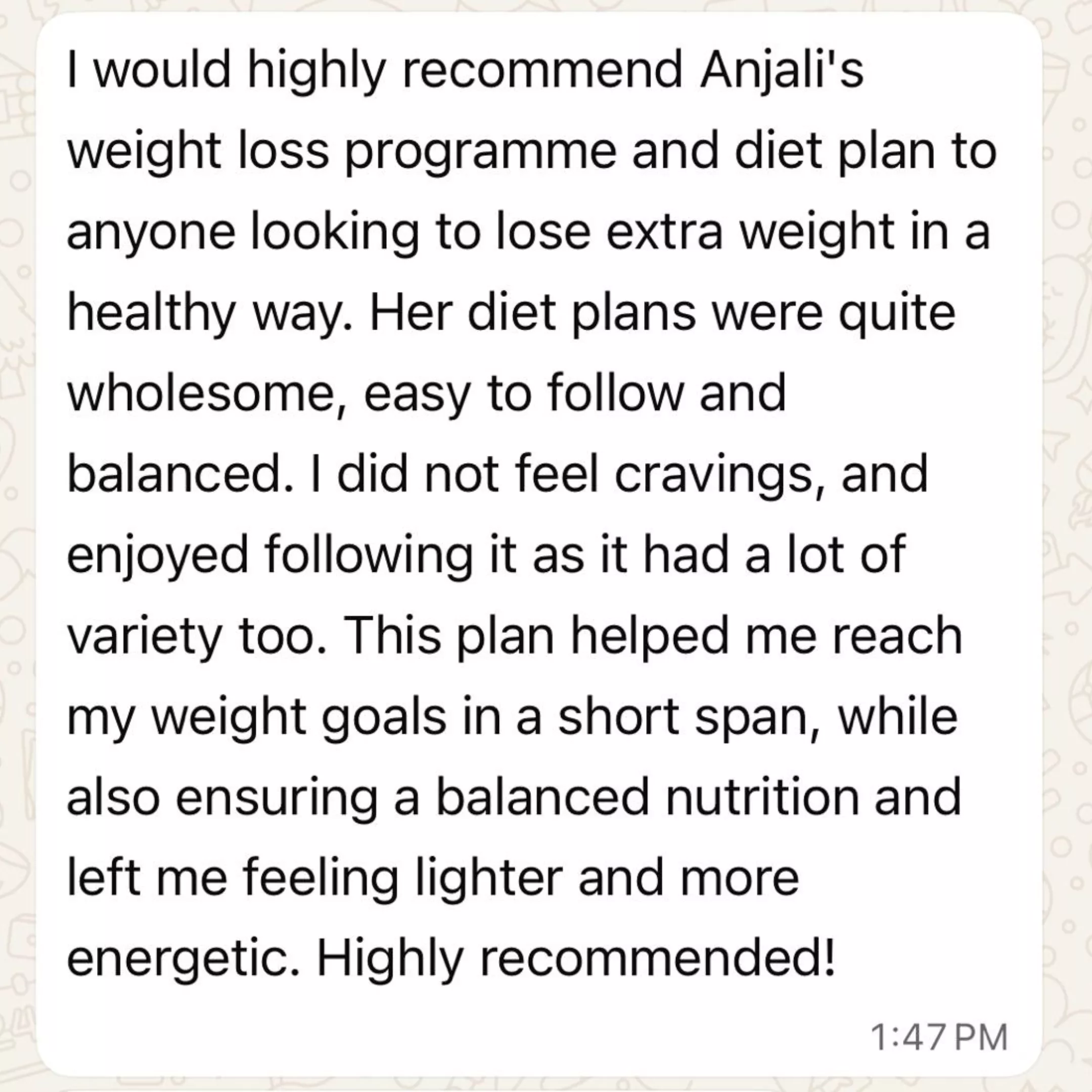Welcome to Nutribala by Nutritionist Anjali




.webp)
Need Help, Make a Call
+91 9594290541, +91 7984723925
Send Us Email
nutribalaconnect@gmail.com
Blog 3
“Lose Inches Without Starving: How to Eat More and Still Shed Weight”

The common misconception about weight loss is that eating less automatically leads to results. In reality, restrictive diets can backfire, slowing metabolism, increasing hunger, and causing nutrient deficiencies. The key to sustainable weight loss is eating nutrient-dense foods that fill you up while supporting fat loss, allowing you to lose inches without feeling deprived.
The Science Behind Eating More and Losing Weight
🟢 Metabolic rate is influenced by the number and type of calories consumed. Eating too little can trigger adaptive thermogenesis, where your body conserves energy and burns fewer calories. 🟢 Protein and fiber-rich meals increase satiety, reduce cravings, and support muscle maintenance, which is crucial for a higher resting metabolic rate. 🟢 Studies in the Journal of Nutrition (2015) show that diets higher in protein lead to greater fat loss compared to calorie-equivalent low-protein diets.
Focus on Nutrient-Dense, Low-Calorie Foods
To eat more without overeating calories: 🟢 Vegetables and greens: High in fiber, water, and essential vitamins. Examples: spinach, broccoli, zucchini. 🟢 Whole grains: Provide sustained energy and prevent blood sugar spikes. Examples: brown rice, quinoa, millets. 🟢 Lean proteins: Keep you full longer and preserve muscle mass. Examples: lentils, paneer, eggs, Greek yogurt. 🟢 Healthy fats: Improve satiety and hormone balance. Examples: avocado, nuts, seeds, olive oil.
Meal Timing and Composition Matters
🟢 Don’t skip meals: Regular, balanced meals prevent extreme hunger and binge eating. 🟢 Pair macronutrients: Combining protein, fiber, and healthy fats slows digestion, keeping you fuller for longer. 🟢 Include snacks strategically: A small handful of nuts or roasted chickpeas in the afternoon prevents late-night cravings.
Mindful Eating Enhances Fat Loss
🟢 Eating slowly allows your brain to register fullness, reducing overeating. 🟢 Avoid distractions like TV or phones while eating, as studies show mindless eating increases calorie intake.
Small Lifestyle Tweaks Give Results
🟢 Strength training: Preserves and builds muscle, which boosts metabolism. 🟢 Hydration: Drinking water before meals can reduce hunger and support digestion. 🟢 Sleep and stress management: Poor sleep or chronic stress increases ghrelin and cortisol, driving hunger and fat storage.
Understanding The Bottom Line: Weight loss doesn’t mean starving yourself. By eating nutrient-rich, balanced meals, managing stress, staying active, and sleeping well, you can lose inches sustainably. When your body is nourished, metabolism stays active, cravings reduce, and fat loss becomes more effective—without the misery of extreme dieting.
What Makes us Different From Others

100 % Guaranteed

Personalised Nutritionist (24*7)
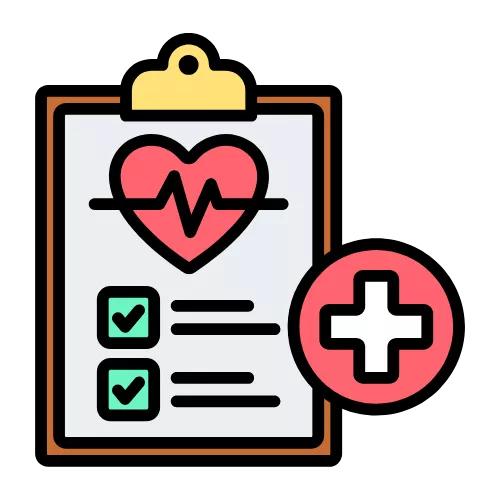
Prompt Health Problem solutions

Root Cause Cure
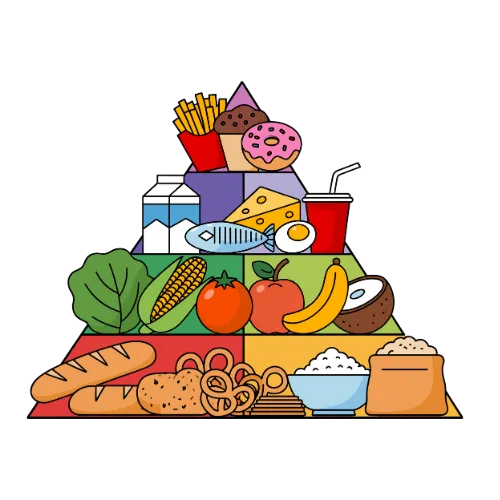
Educate about Healthy eating habits
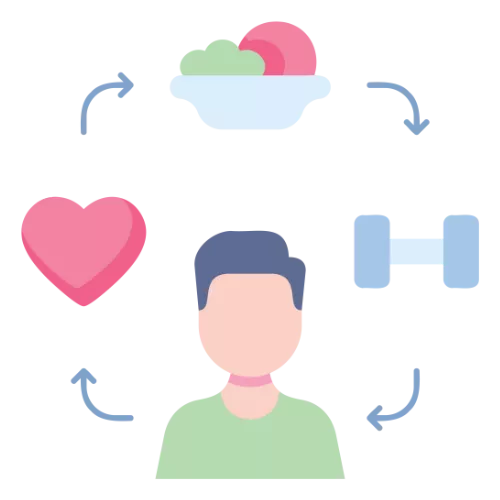
Educate about Lifestyle Management

Mapping your Medical parameters with the Nutrition plan

Options in Foods that can replace (Non availability)
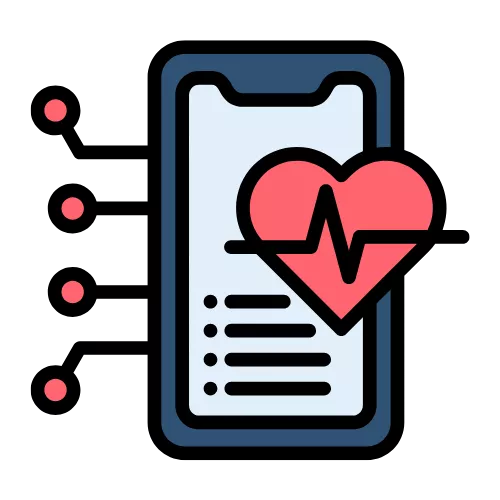
Self Health analysis (Google form)

Diet Profiling (Personalised)

Travel plans
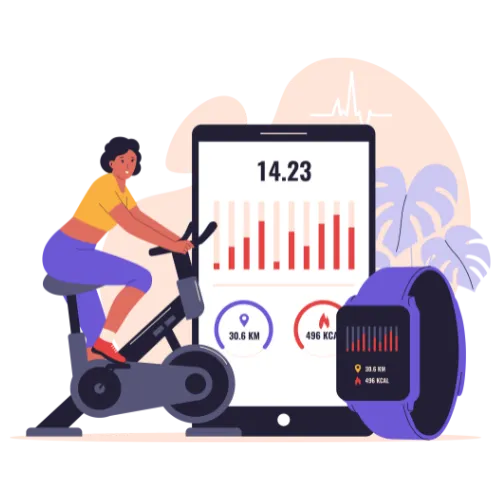
Online tracker
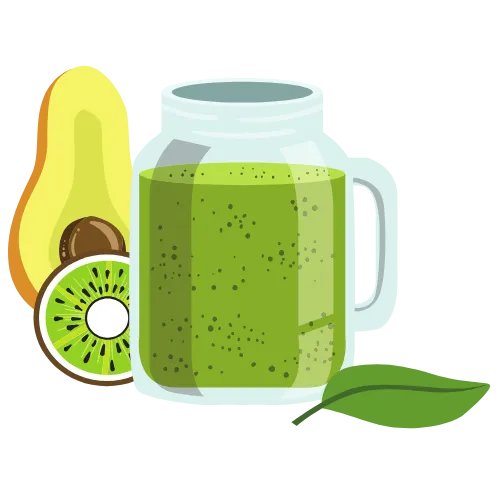
Detox plans

Gut Improving Diet plans

24*7 AI Staff Support
Please refer to our Programs page for detailed information about each program and the respective charges.
Our Services
“Tailored Nutrition Programs That Fit Your Taste, Lifestyle, and Health Goals”
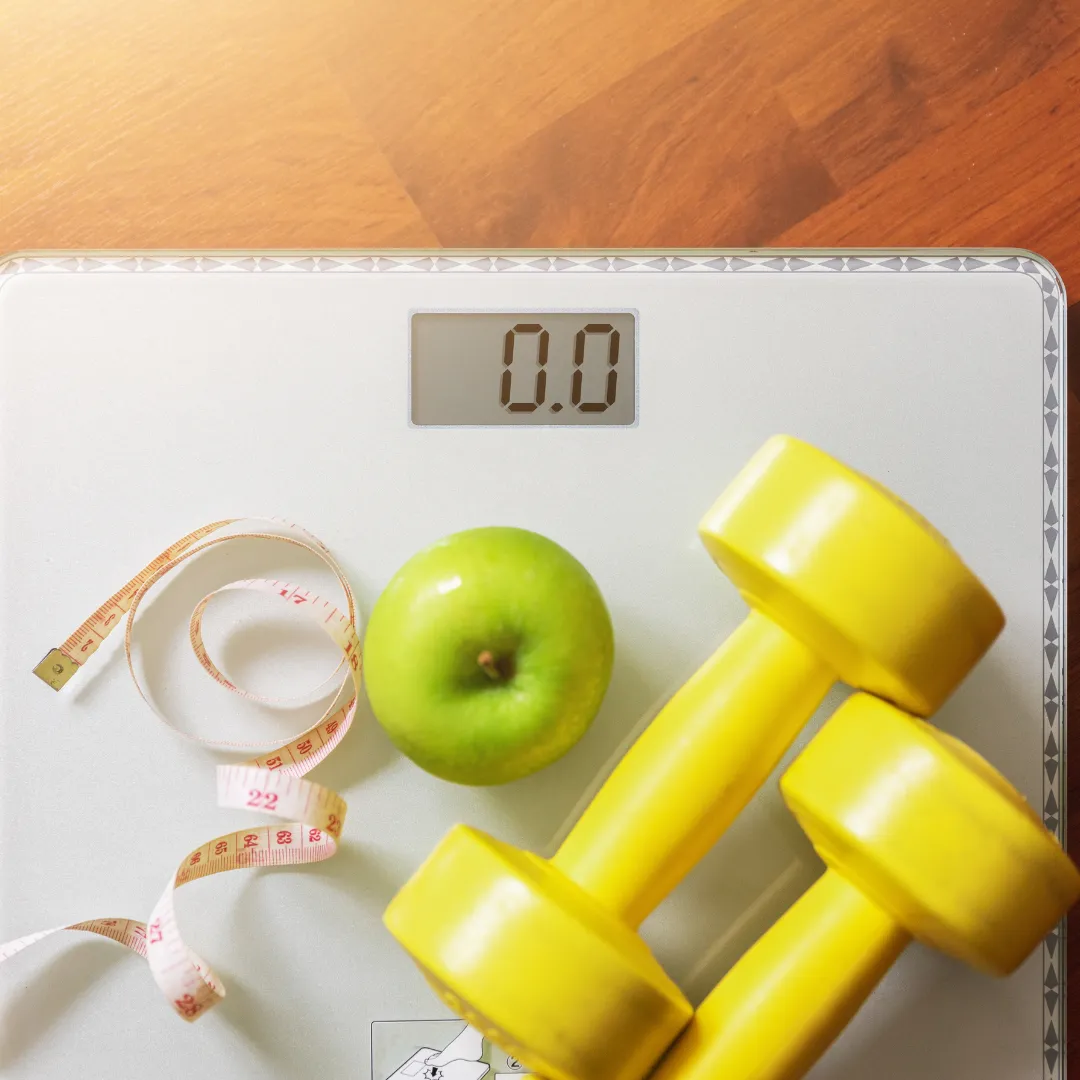
Weight Loss
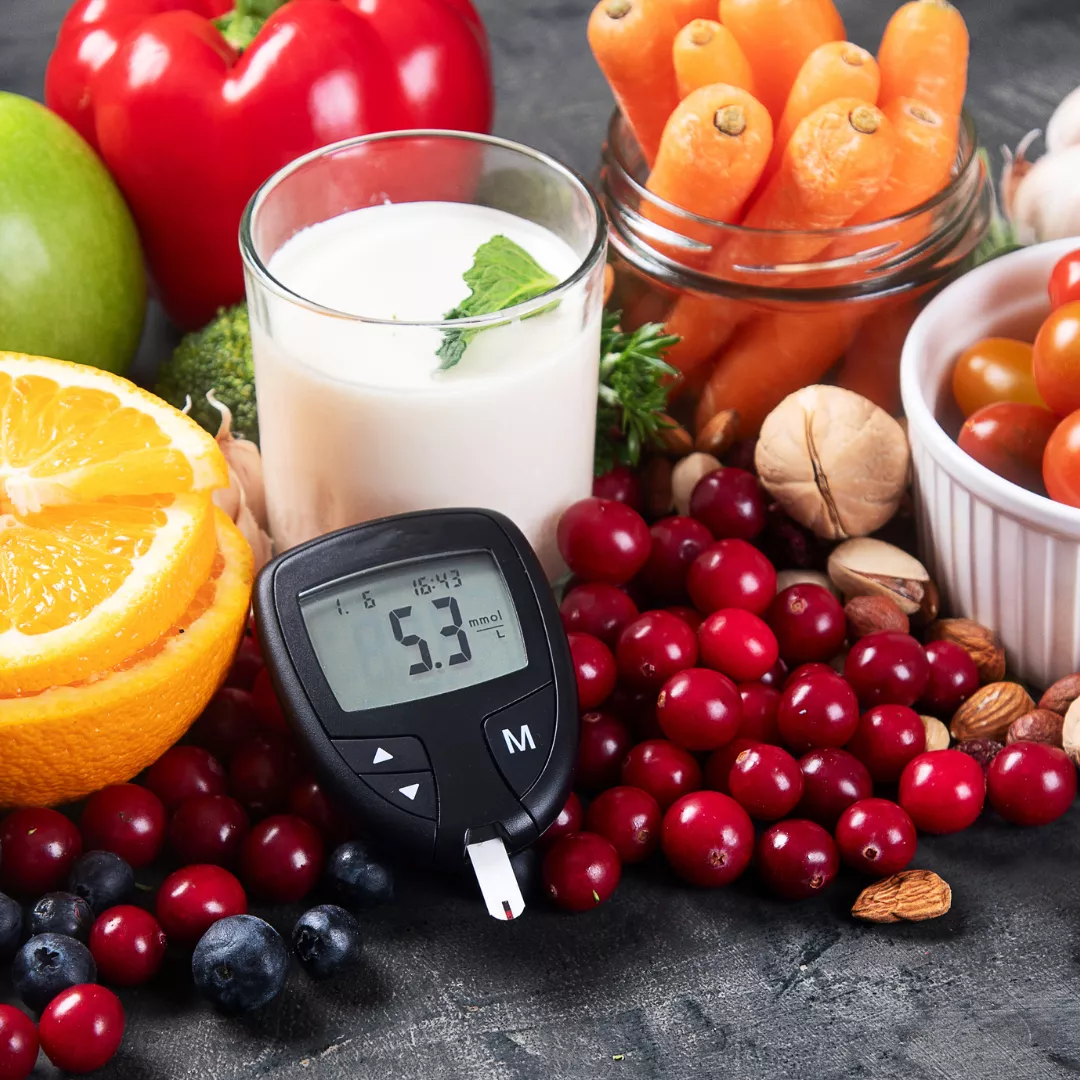
Diabetes Reversal

Acidity Relief

Gut issues

Ant-Inflammtory Program

Weight Gain

Adolescent Diets

Sports Nutrition

Fatty Liver Program

Detox Program

Glowing Skin

General Fatigue/Weakness

Anti-allergy

Hairfall

Gluten Free Program

High Cholesterol

High Uric Acid

PCOS Management

Immunity Boosting
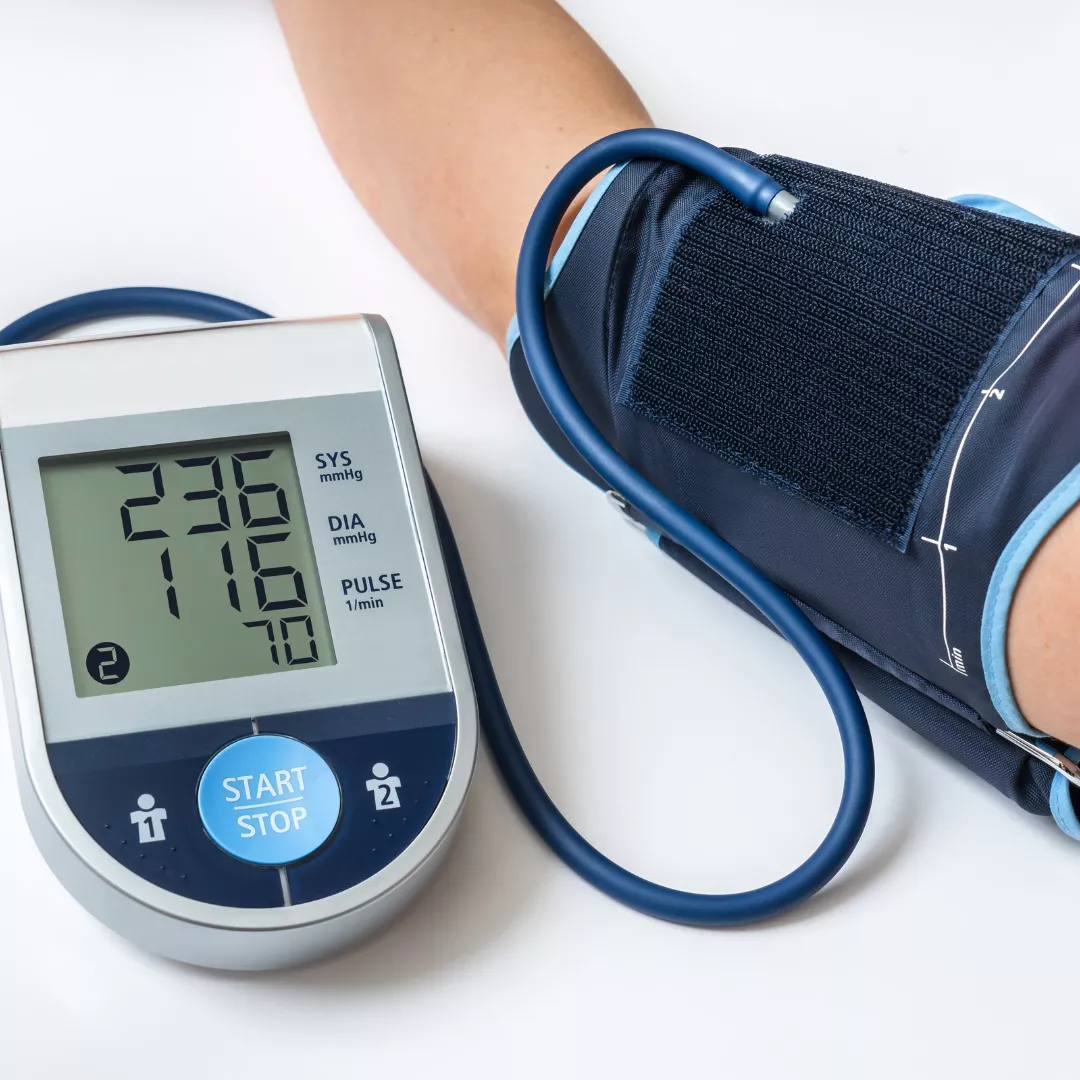
High Blood Pressure
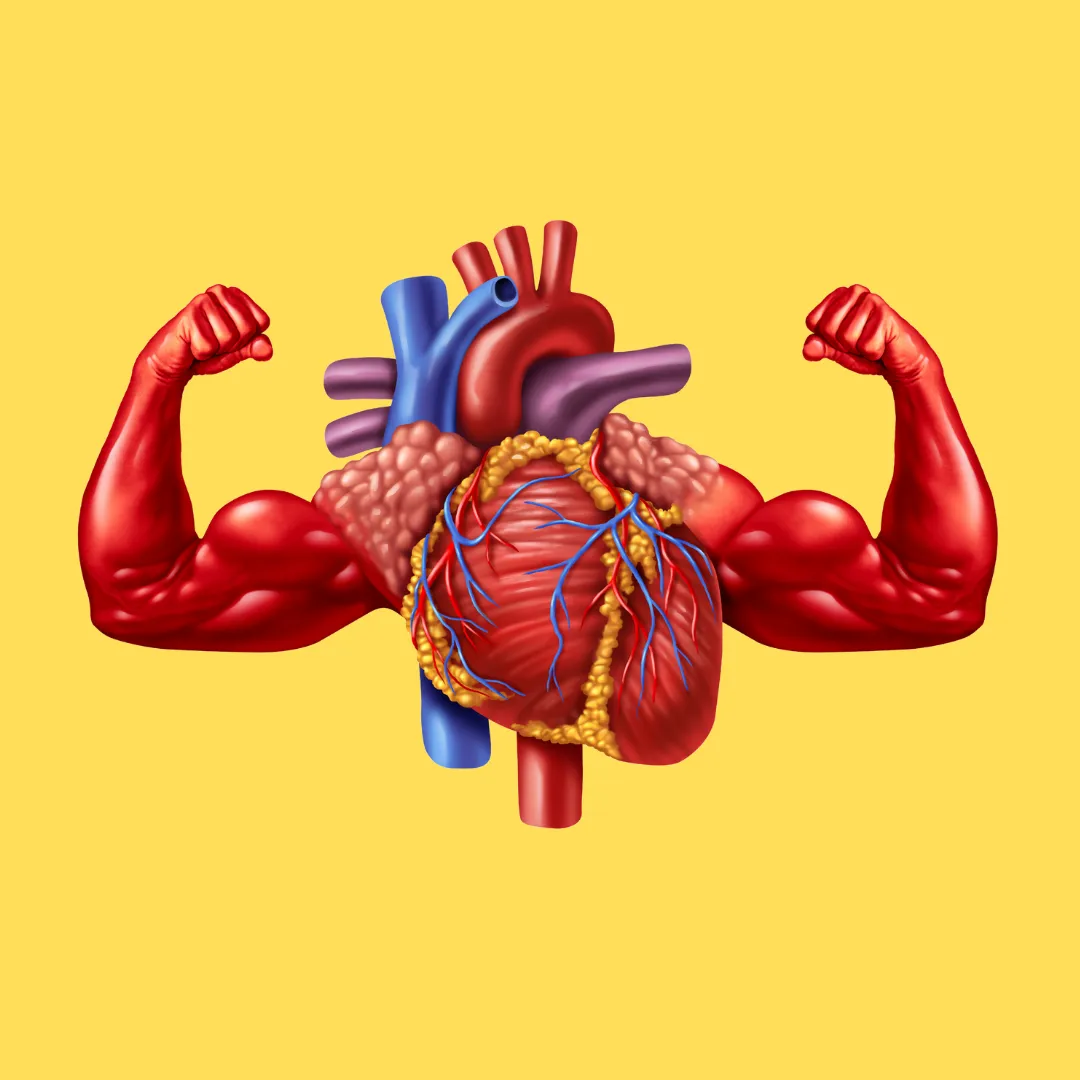
Healthy Heart
Our Star Client
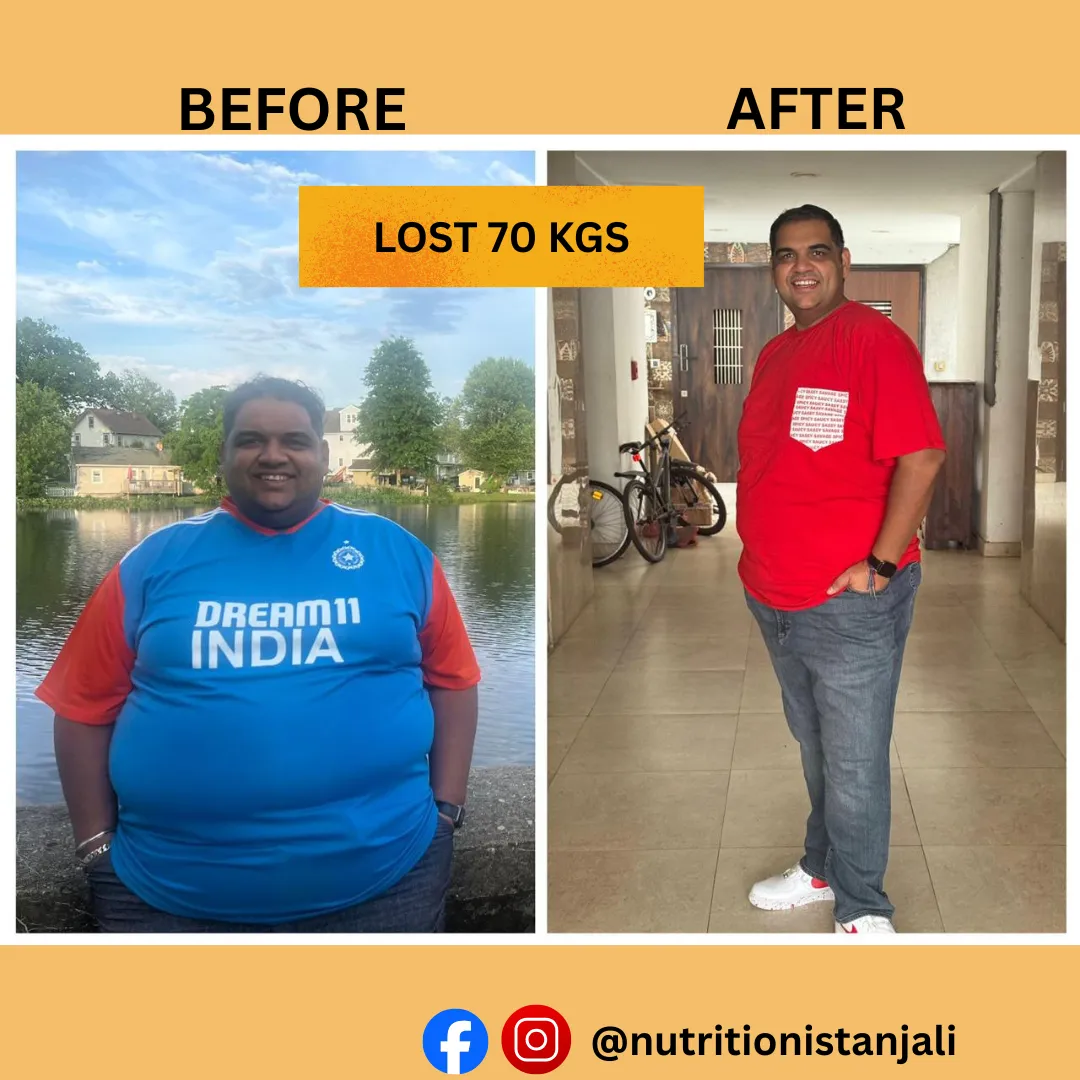
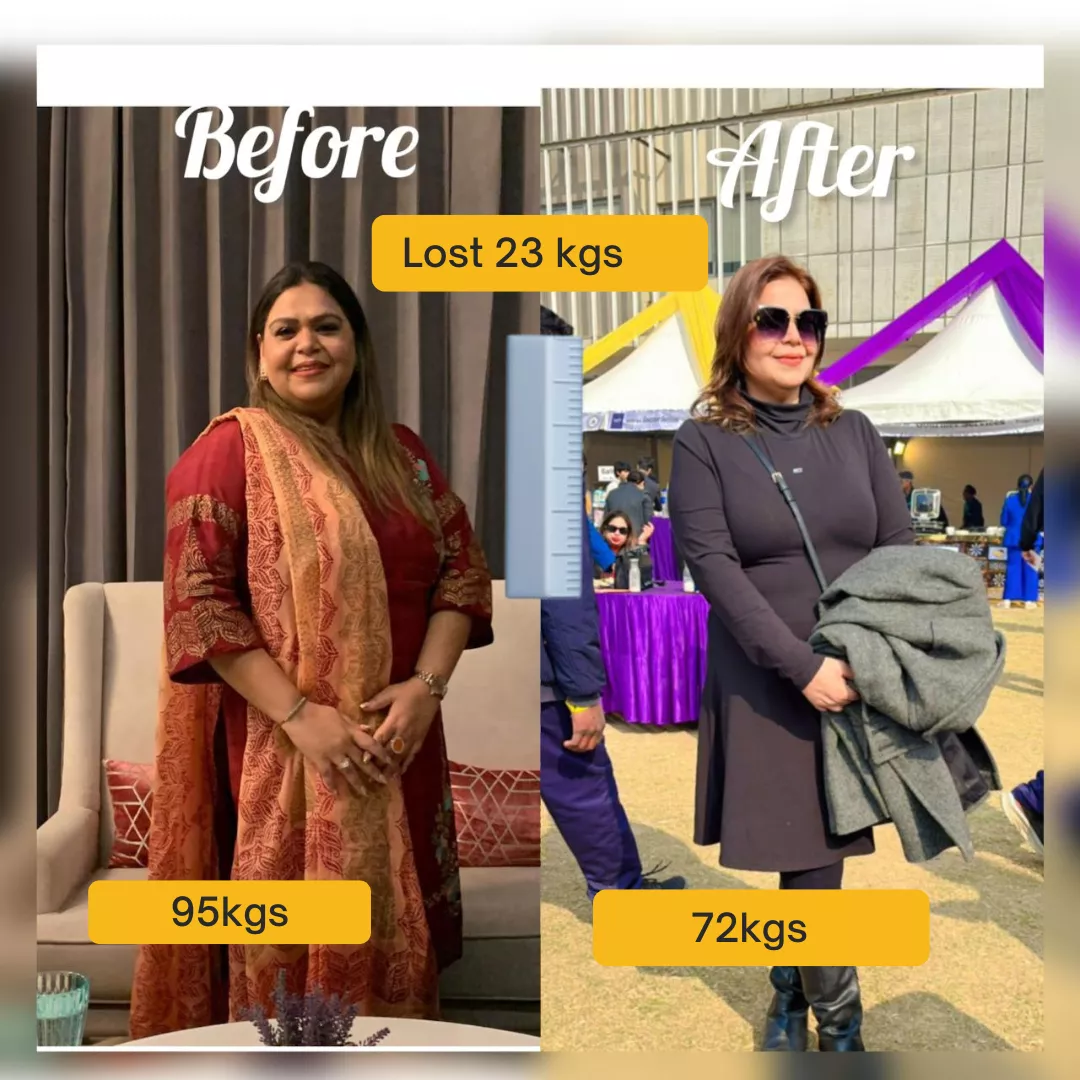

Success Stories
Submit your enquiry!
© Copyright 2025 | All Right Reserved

